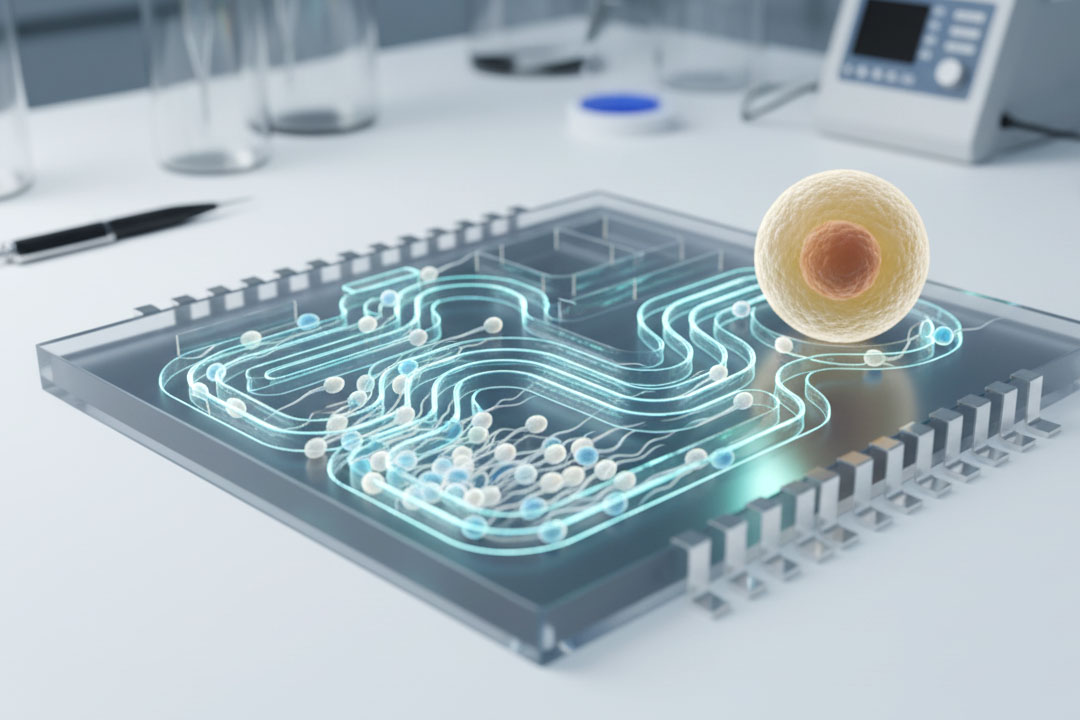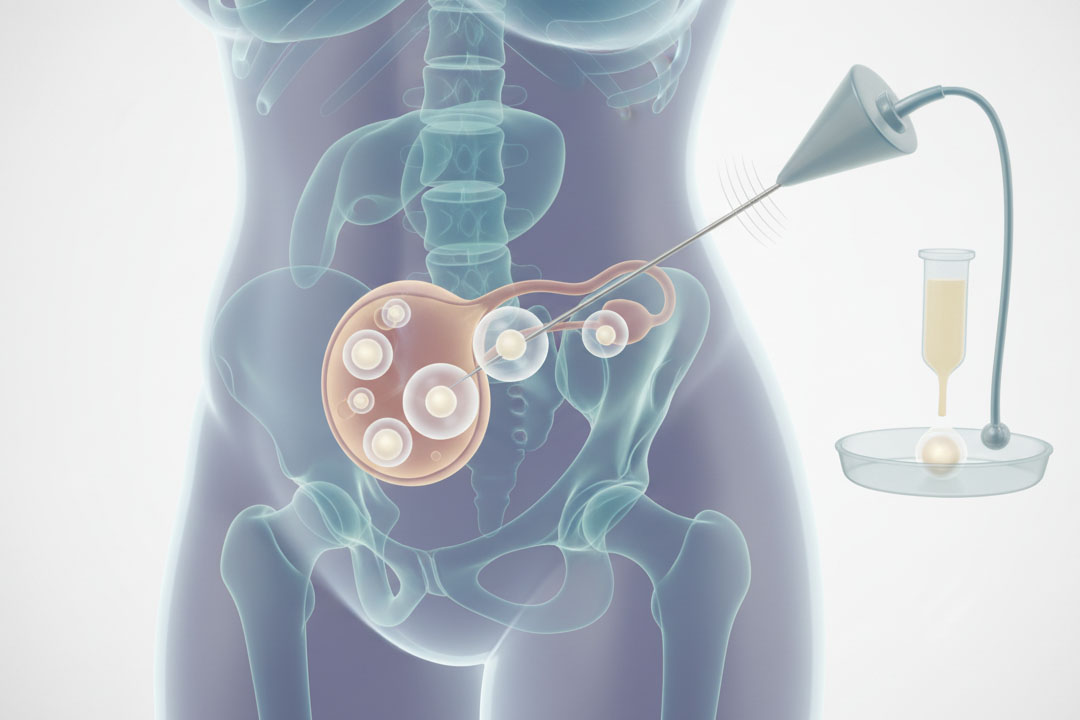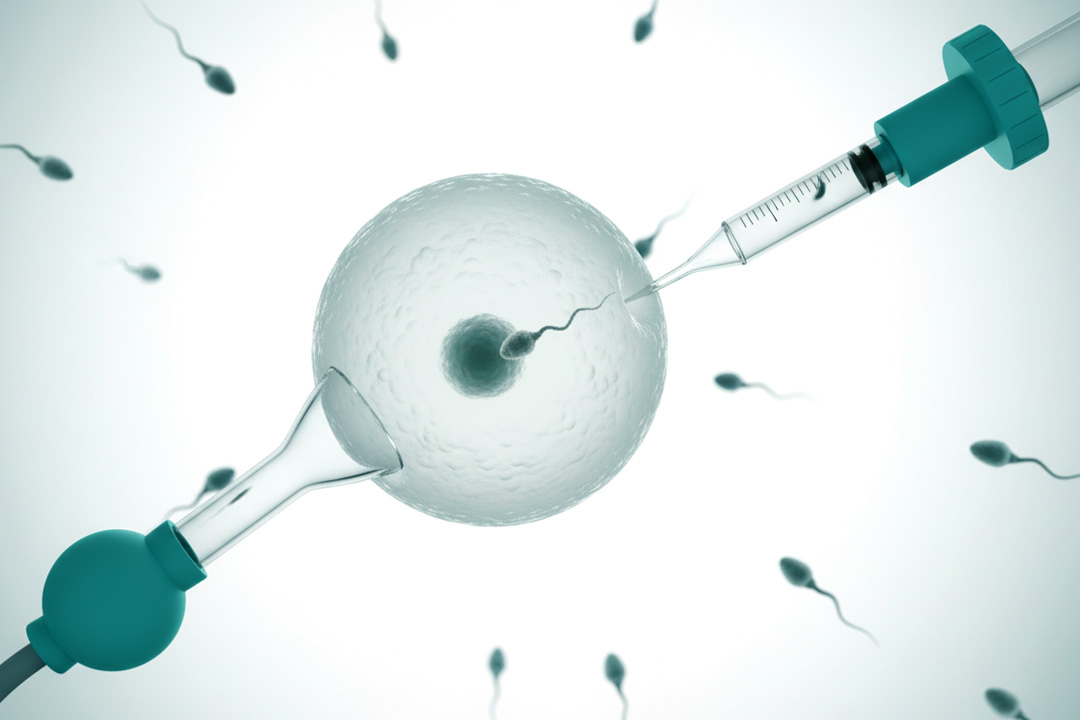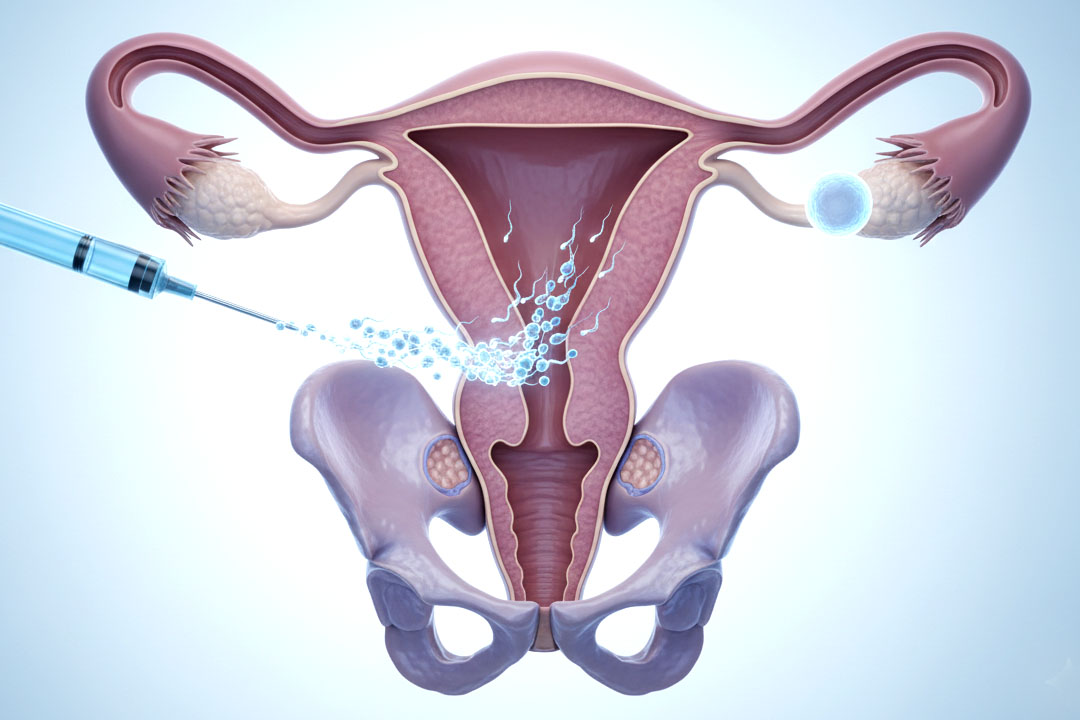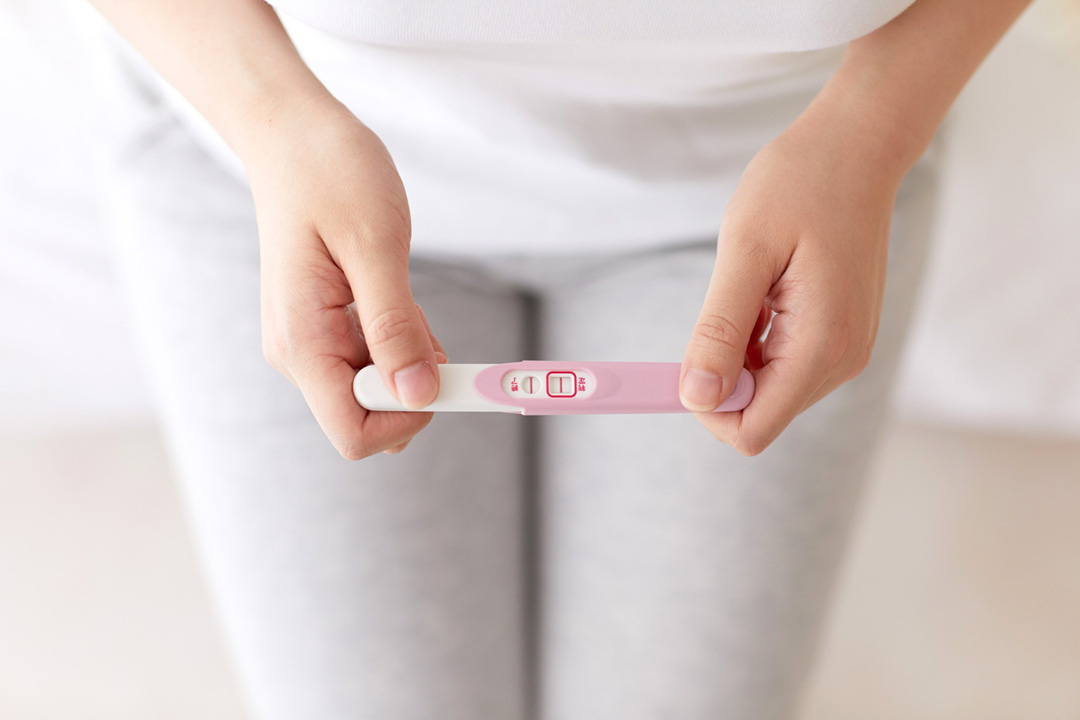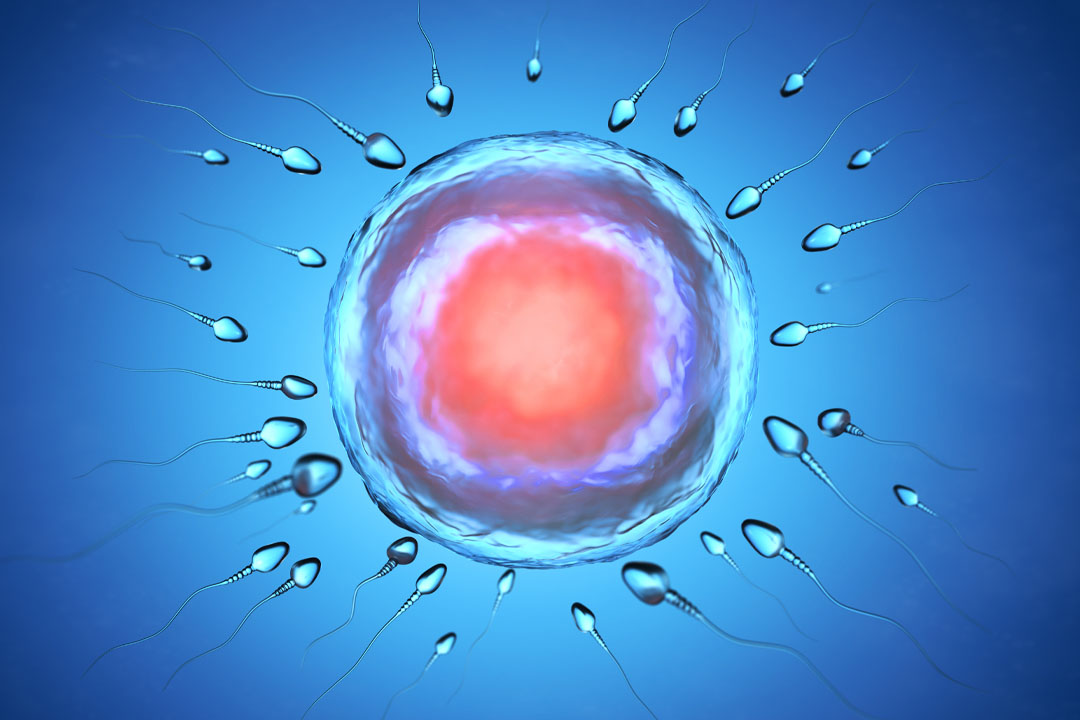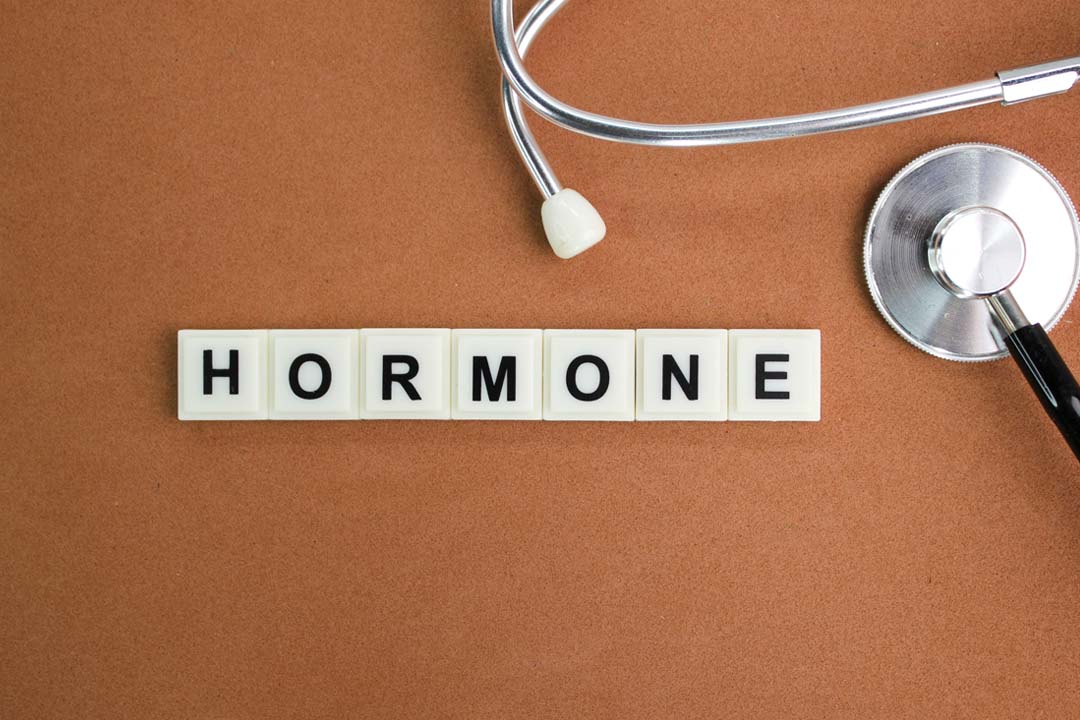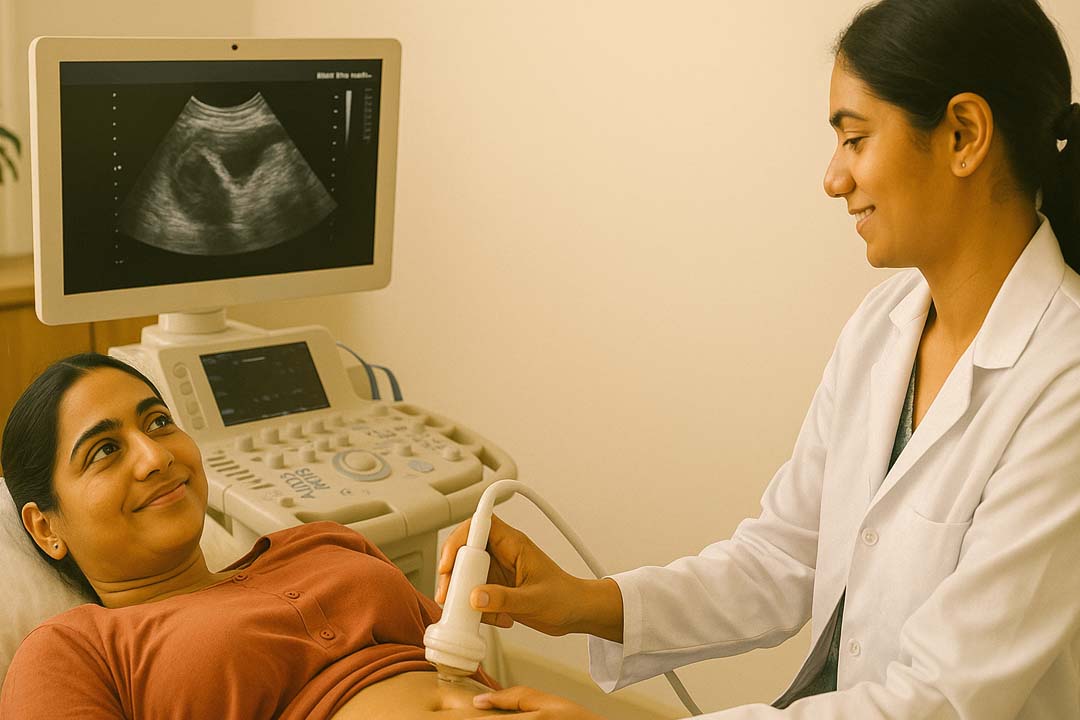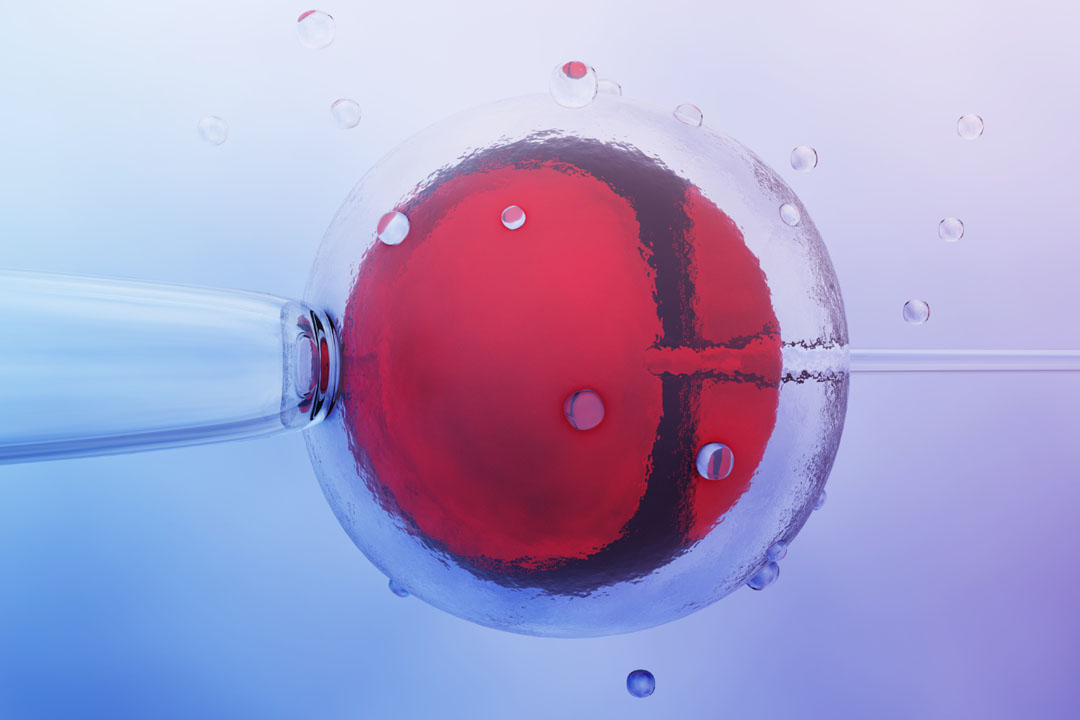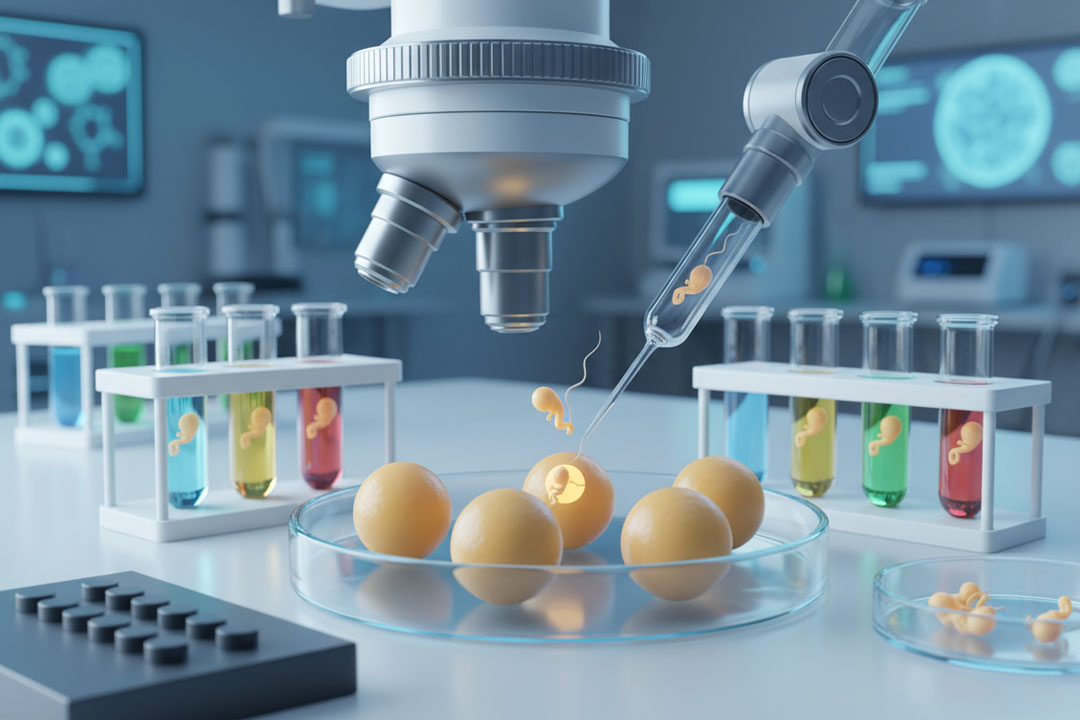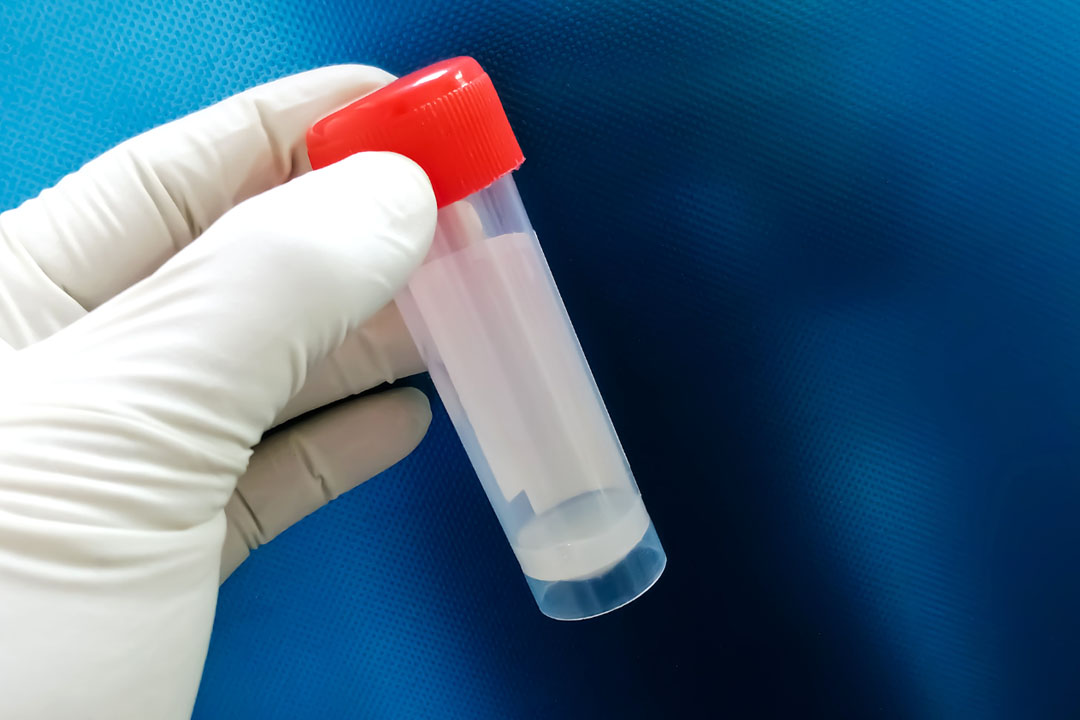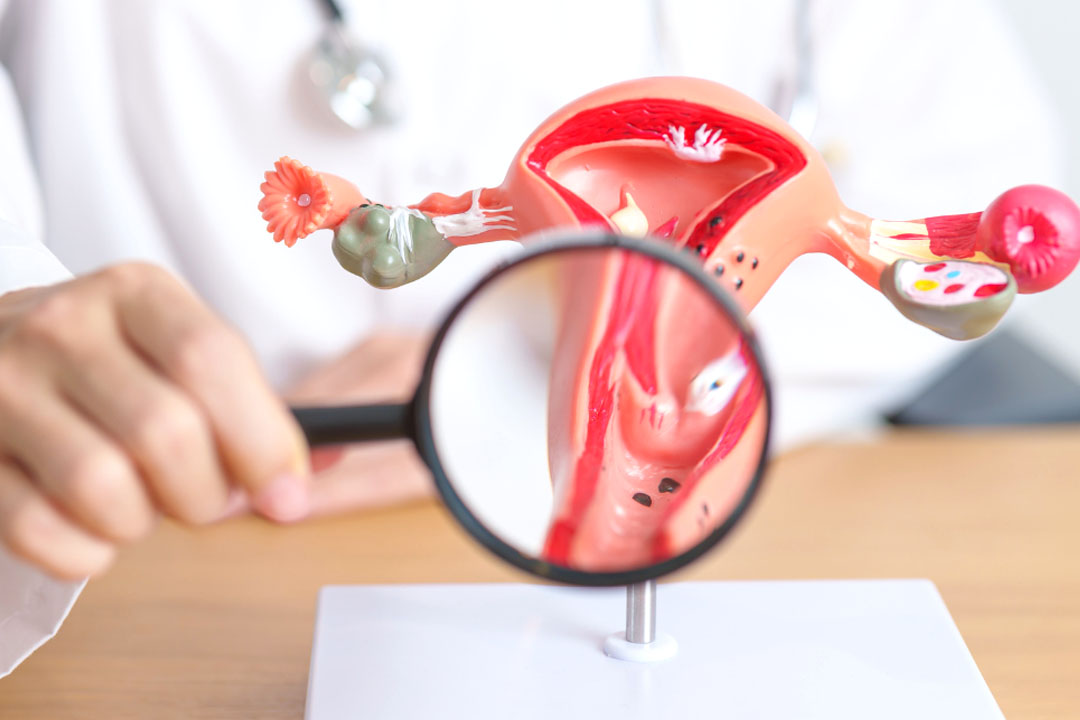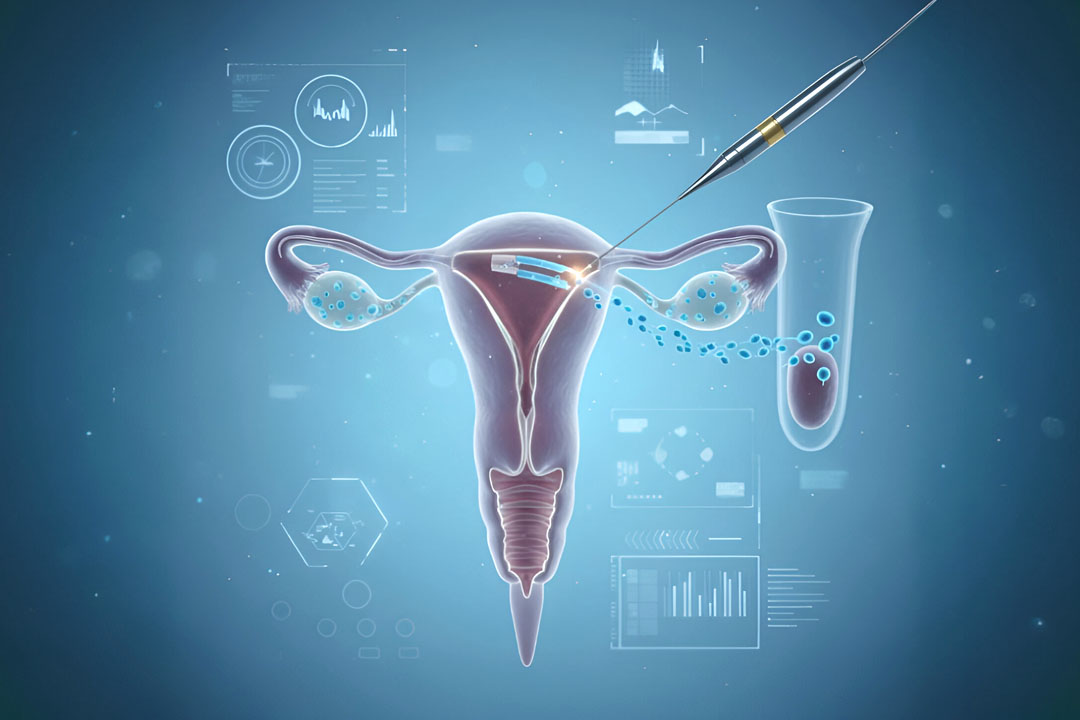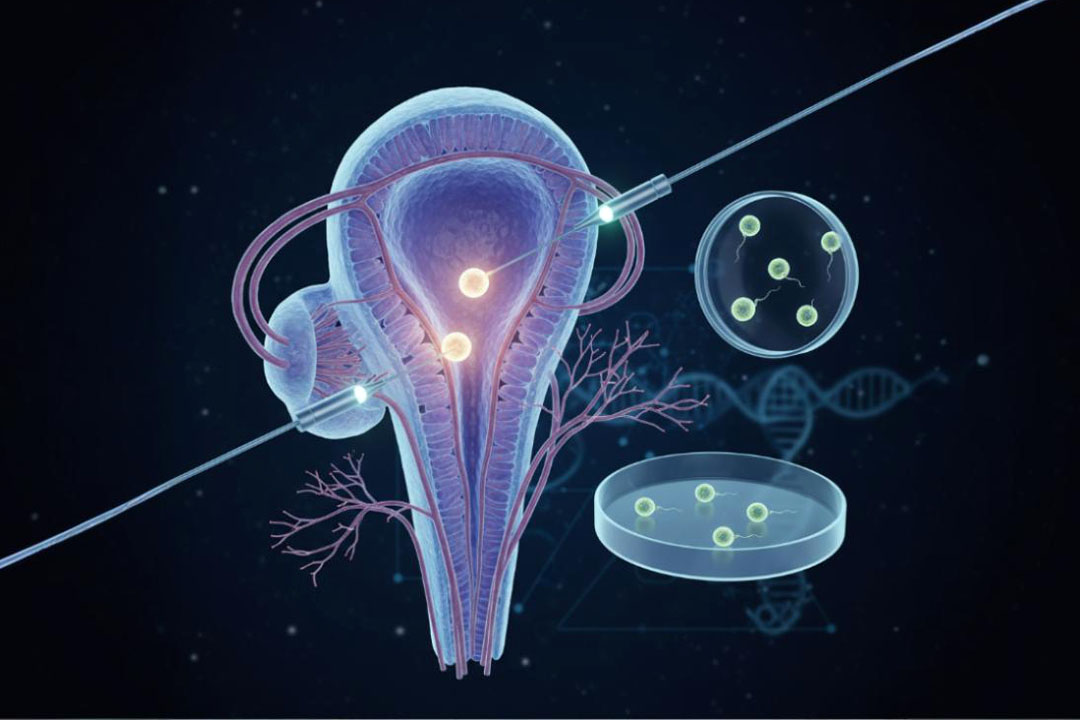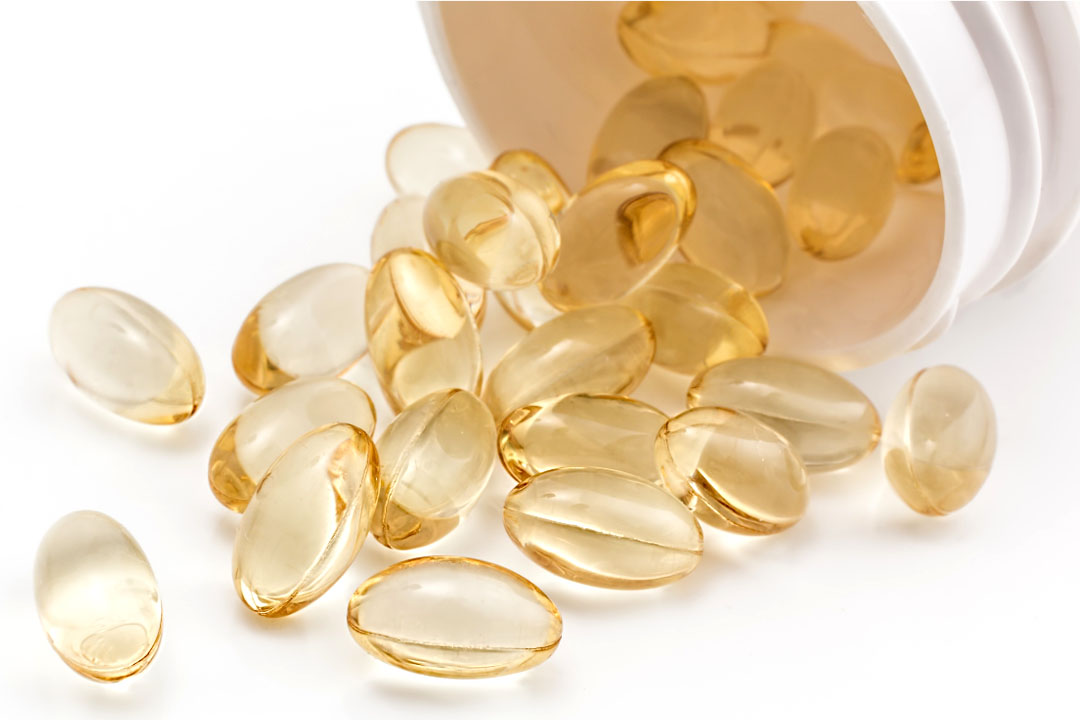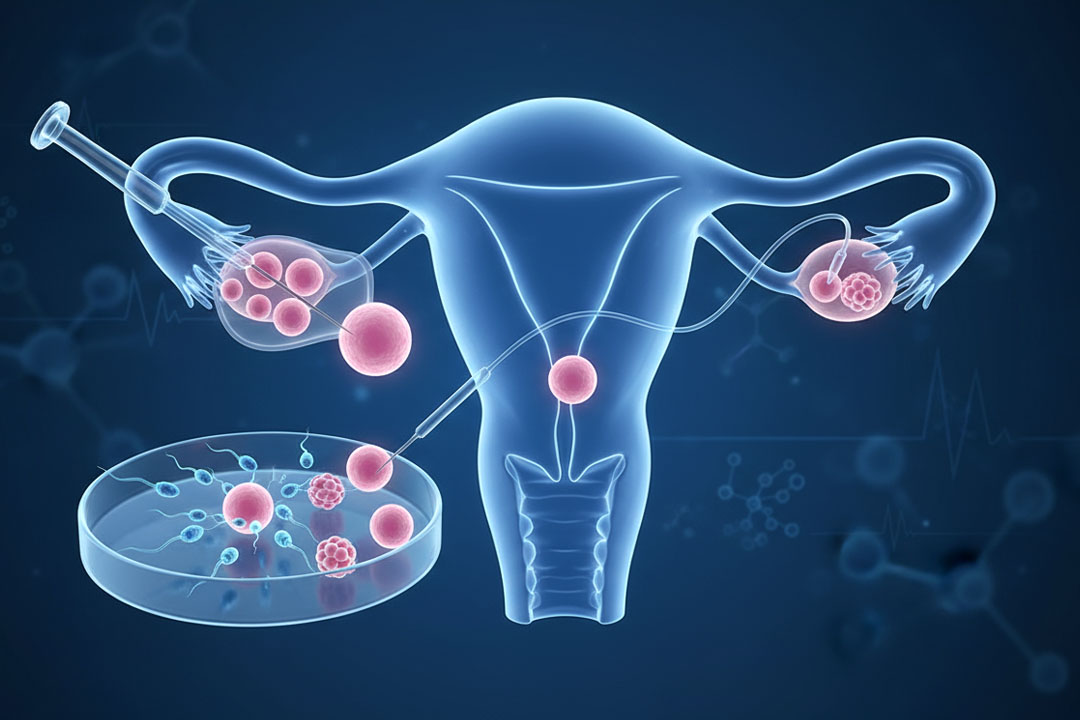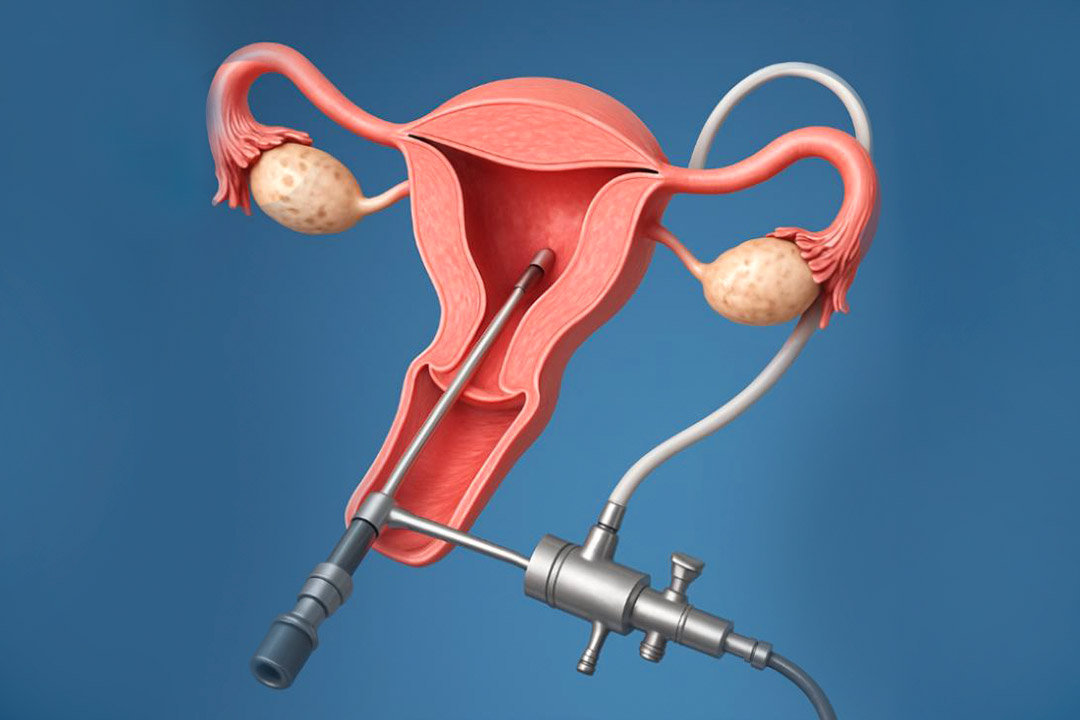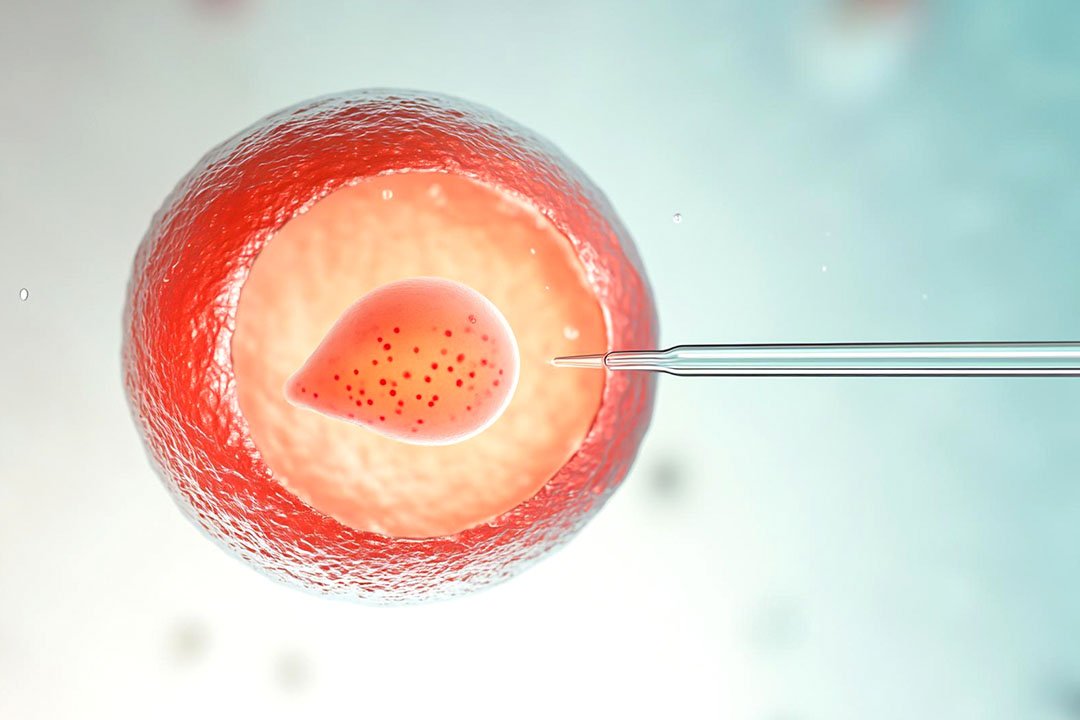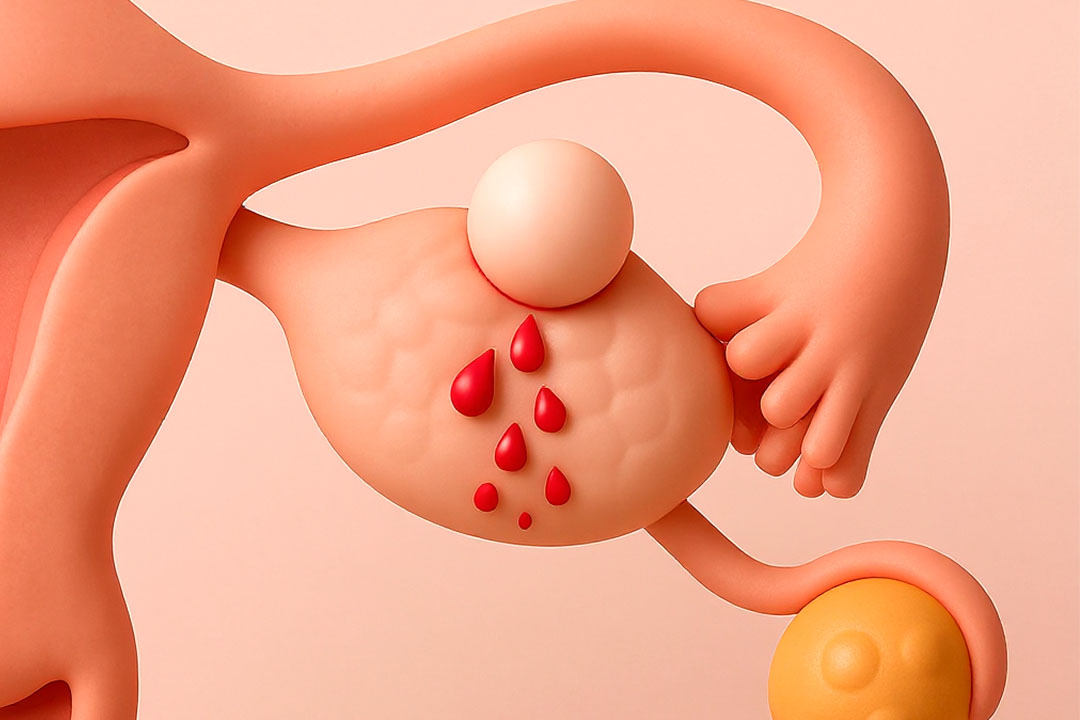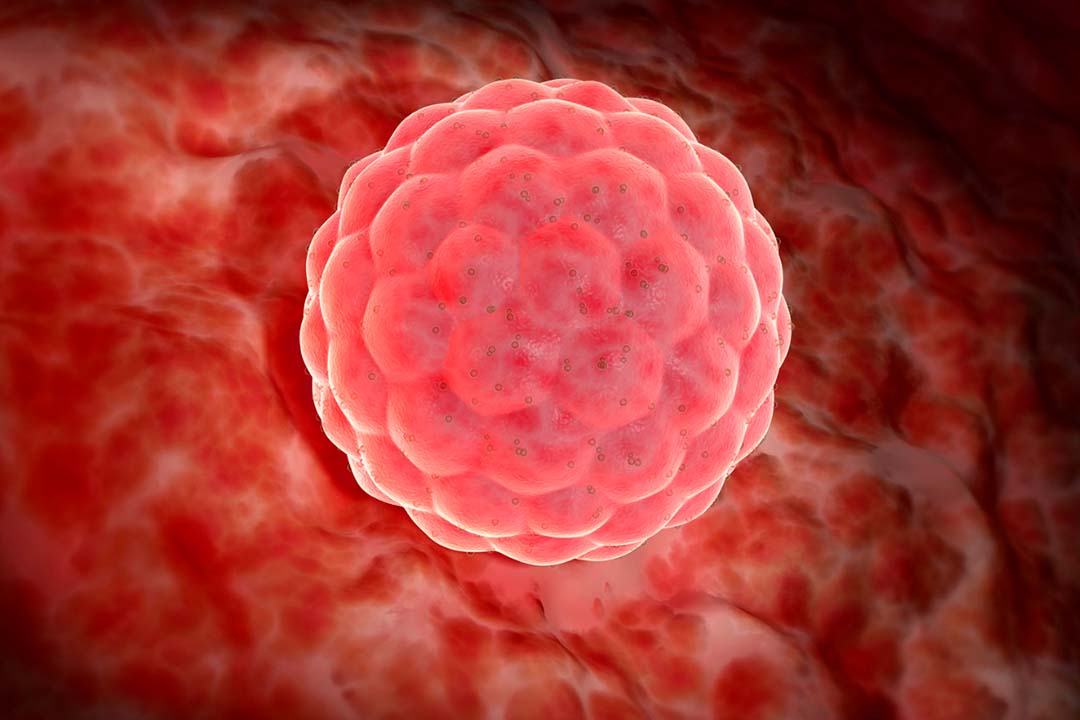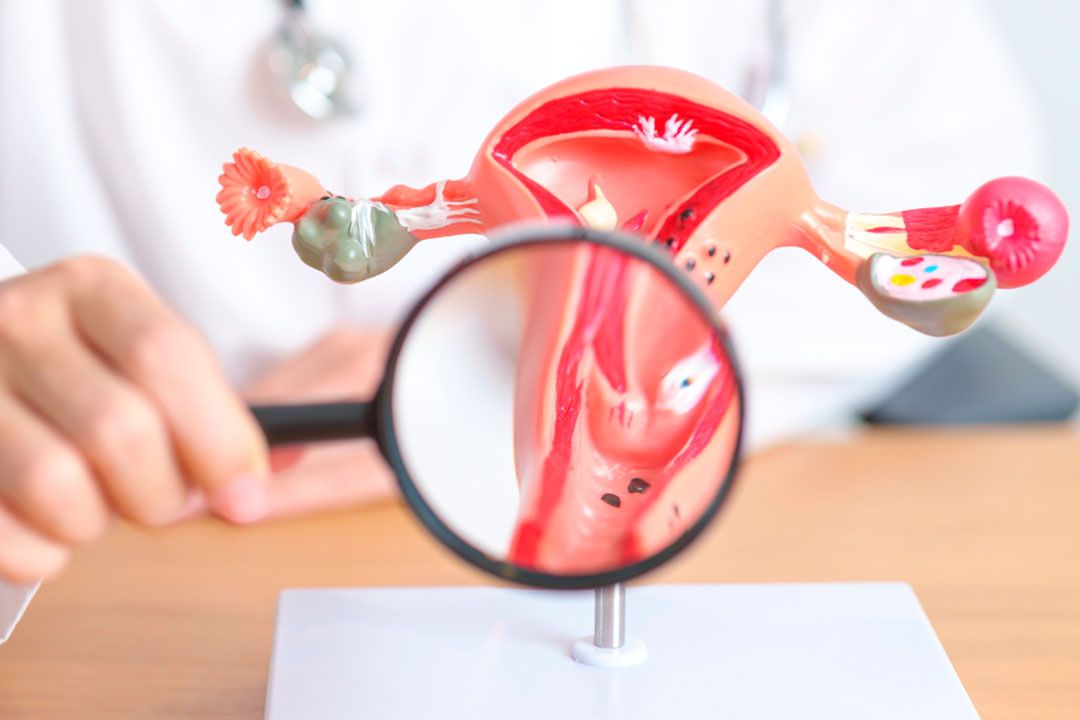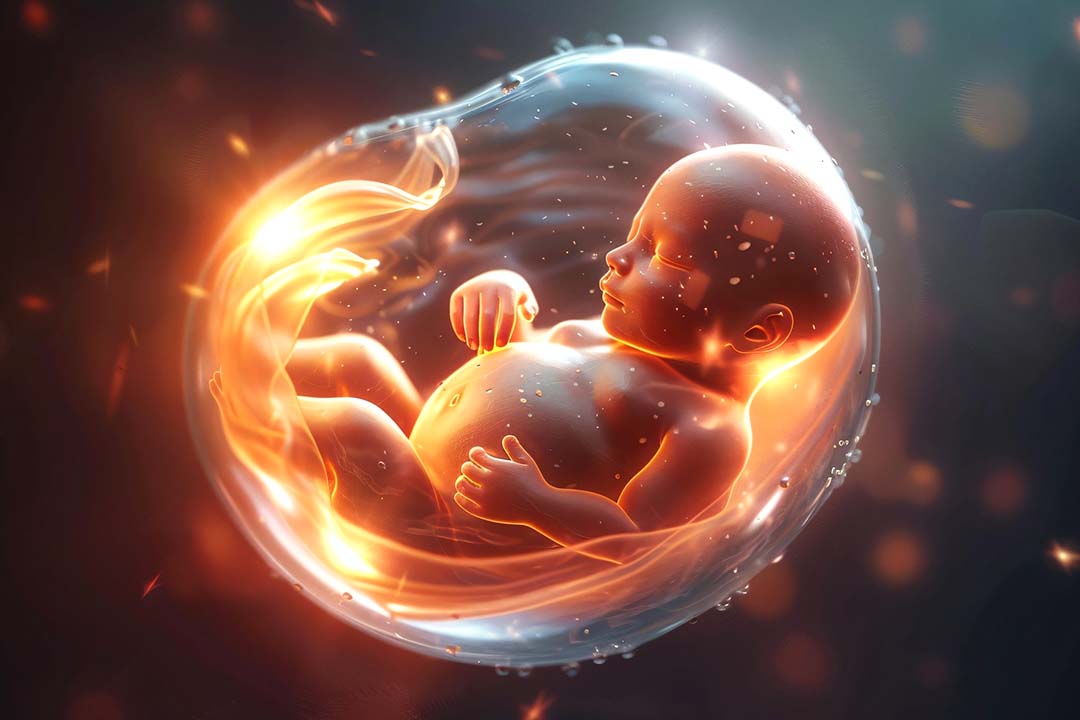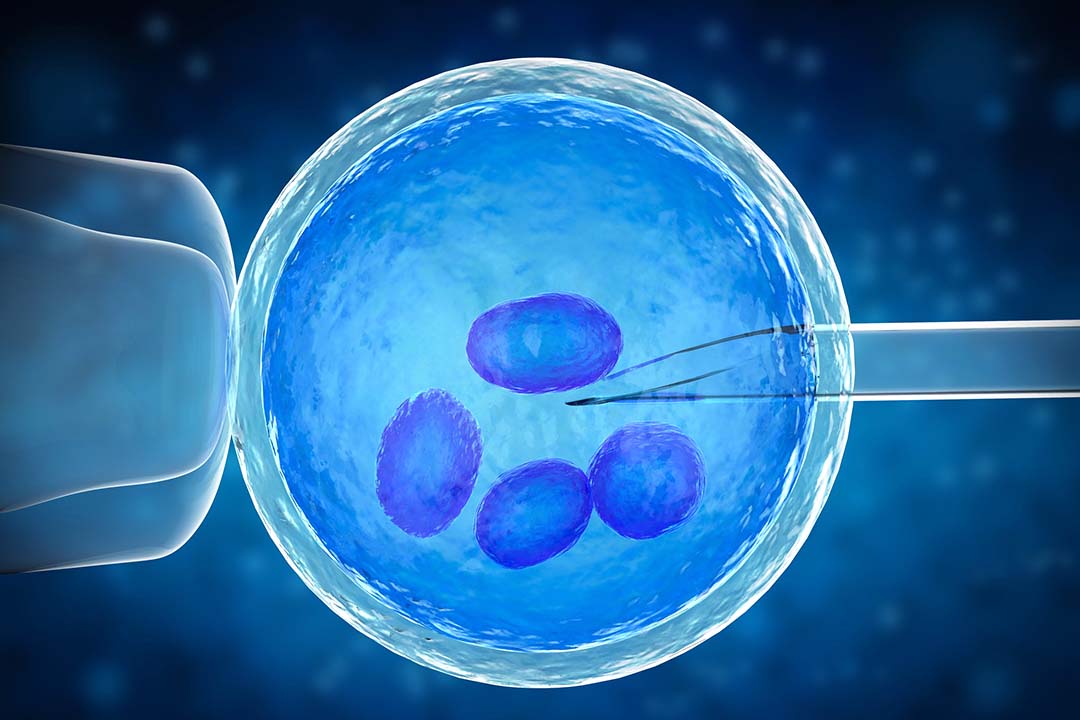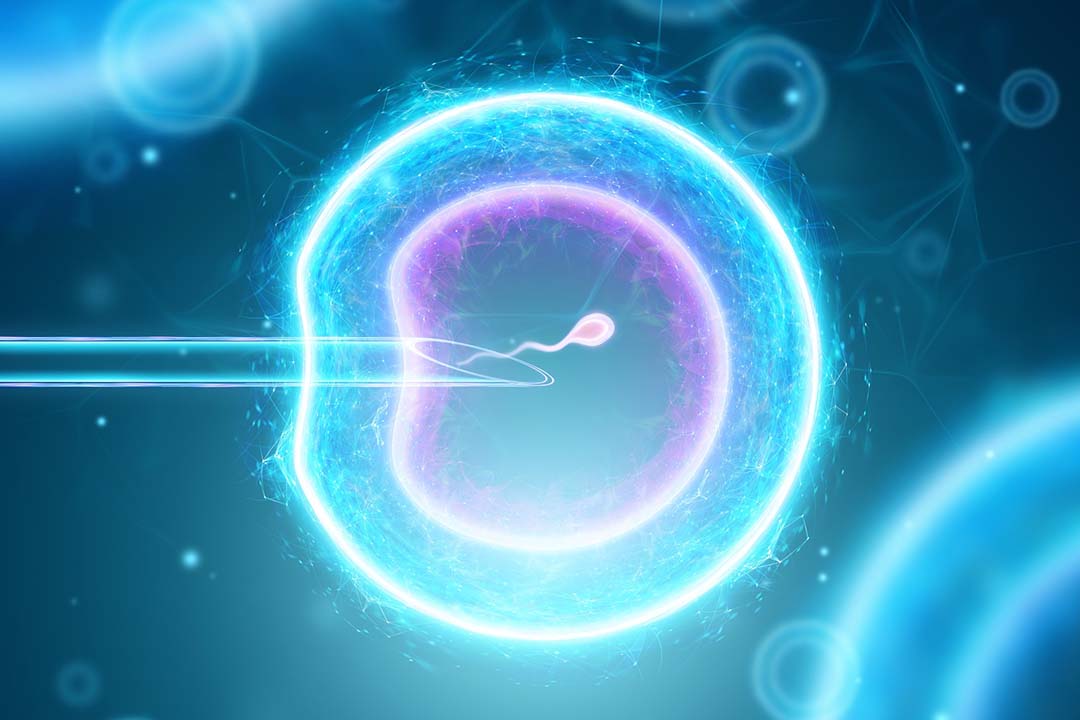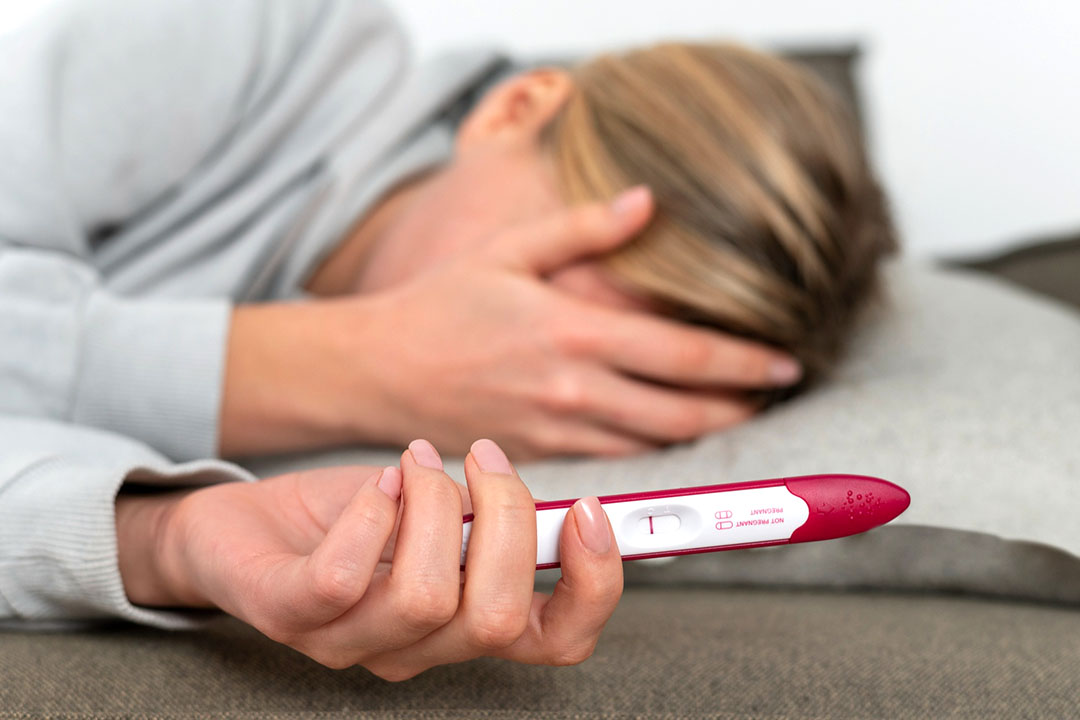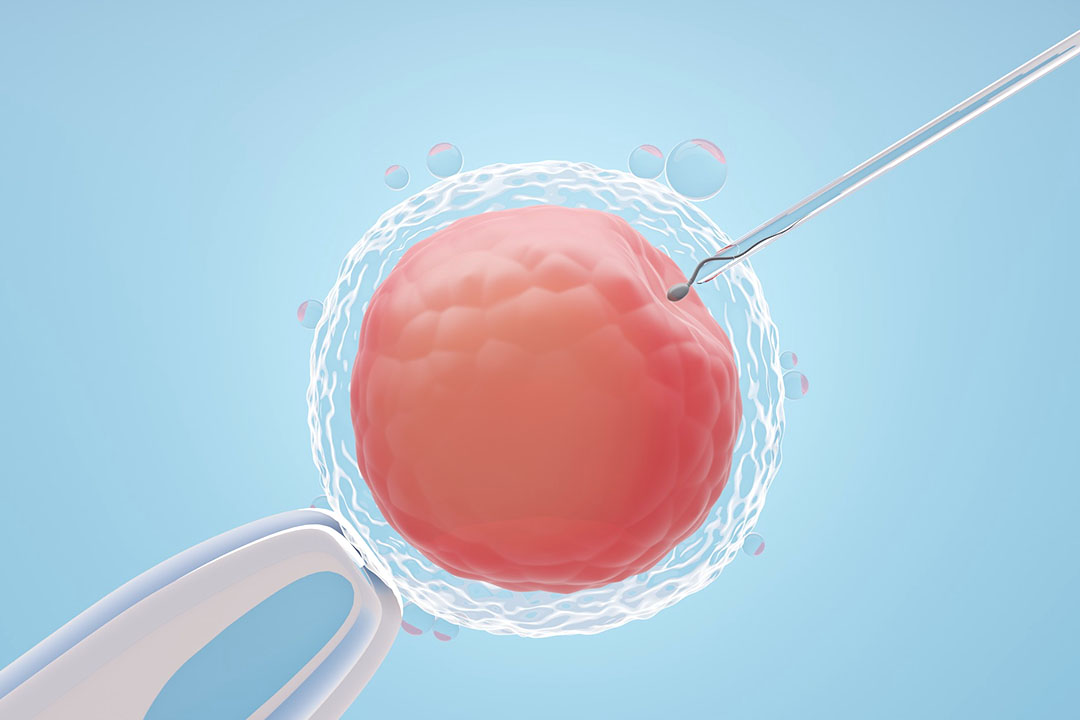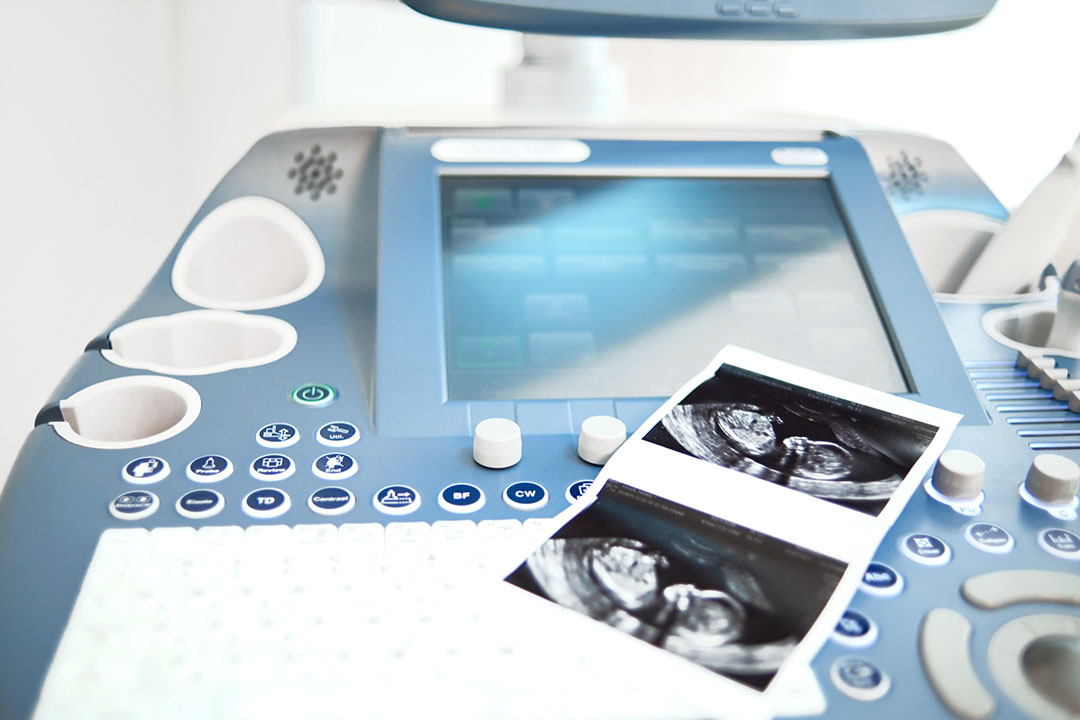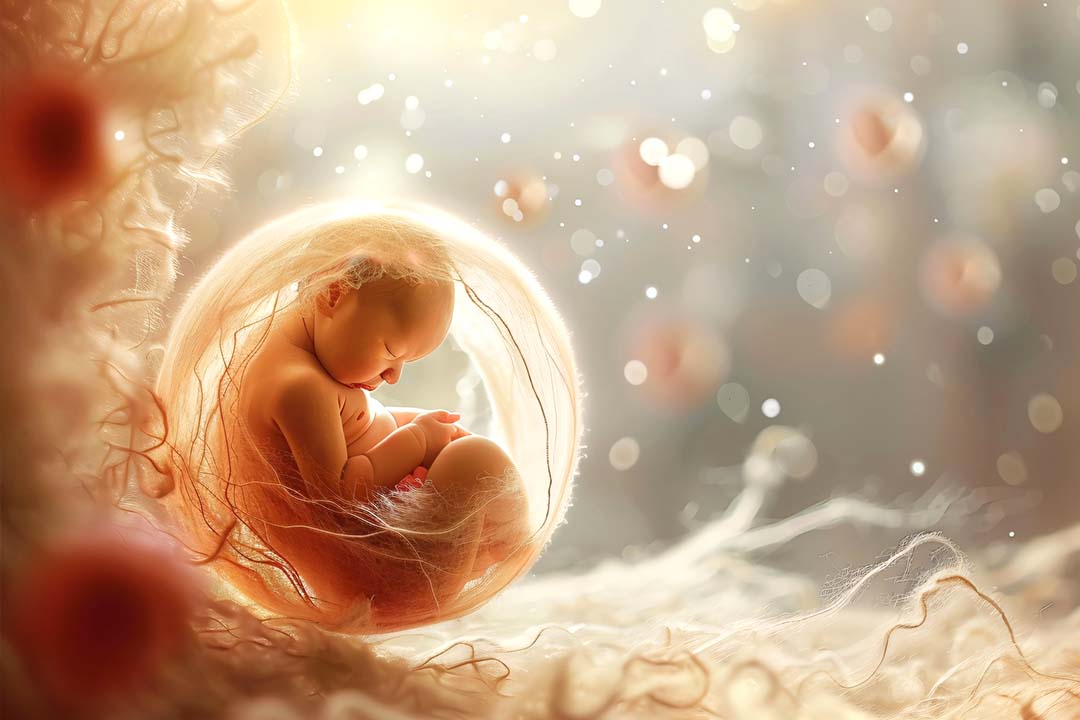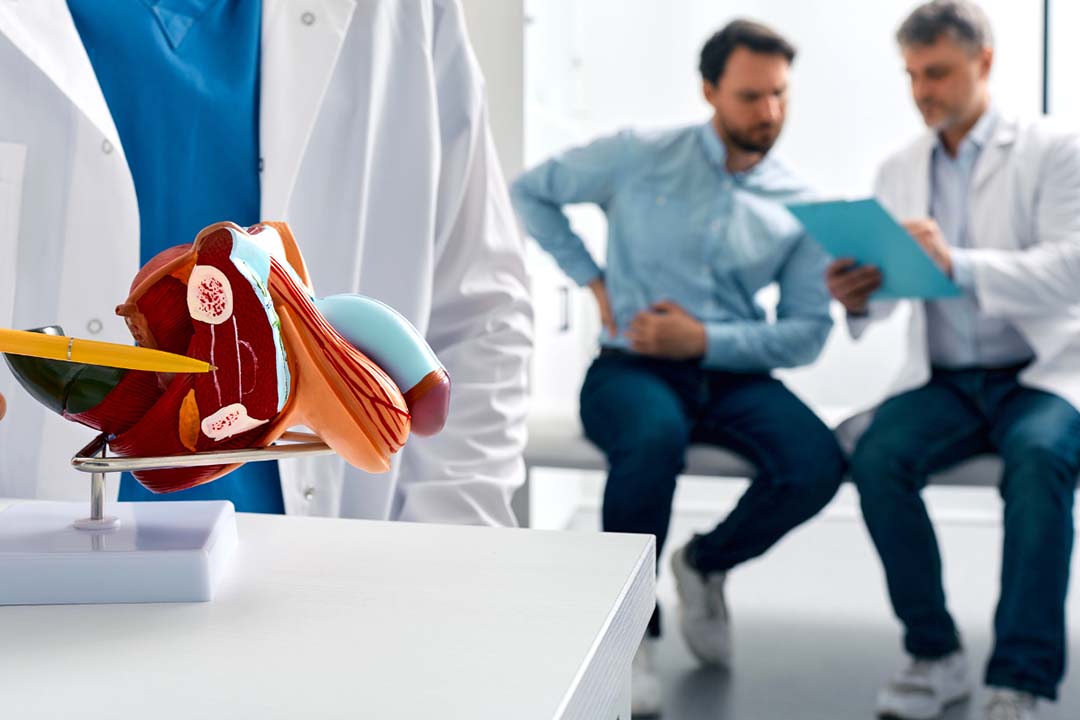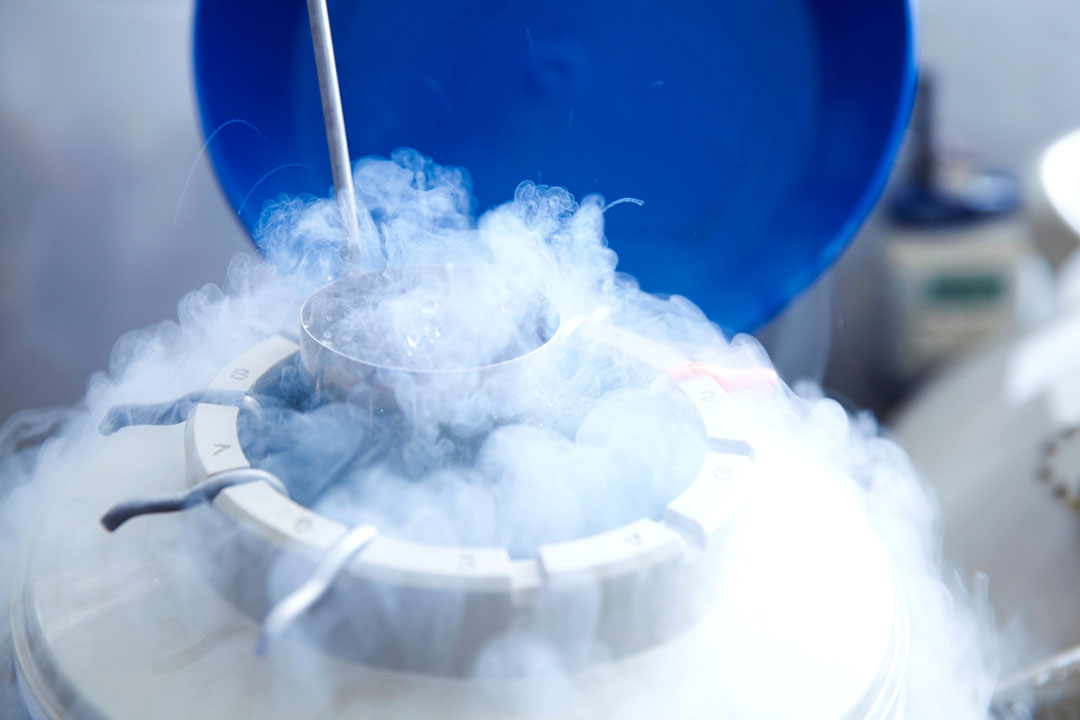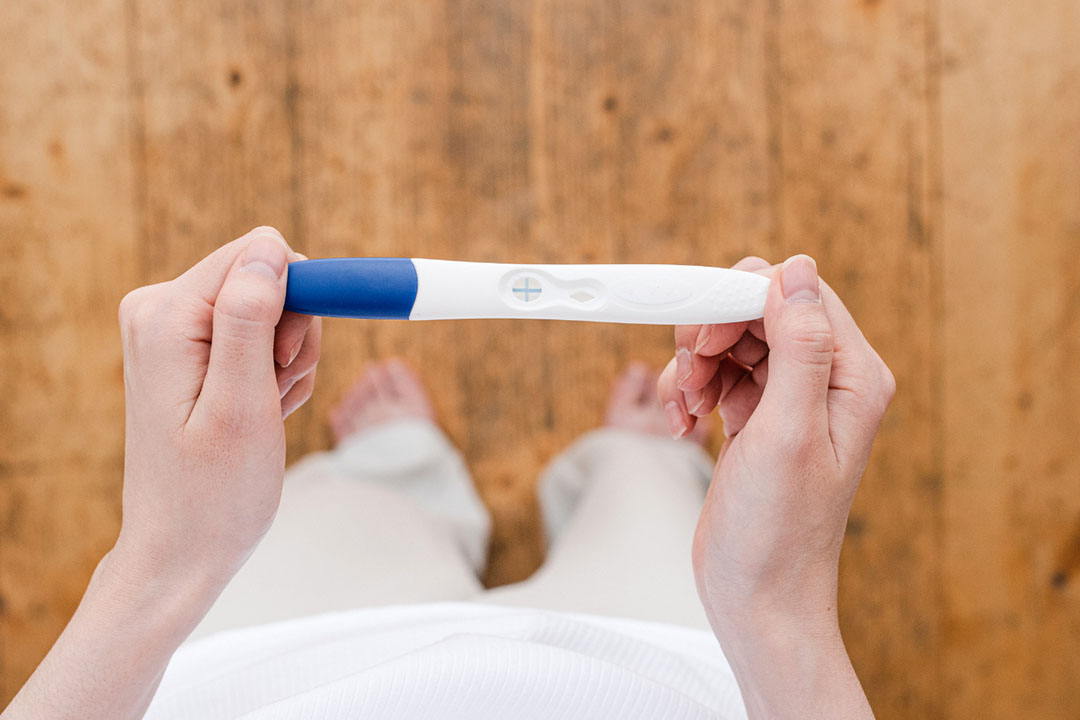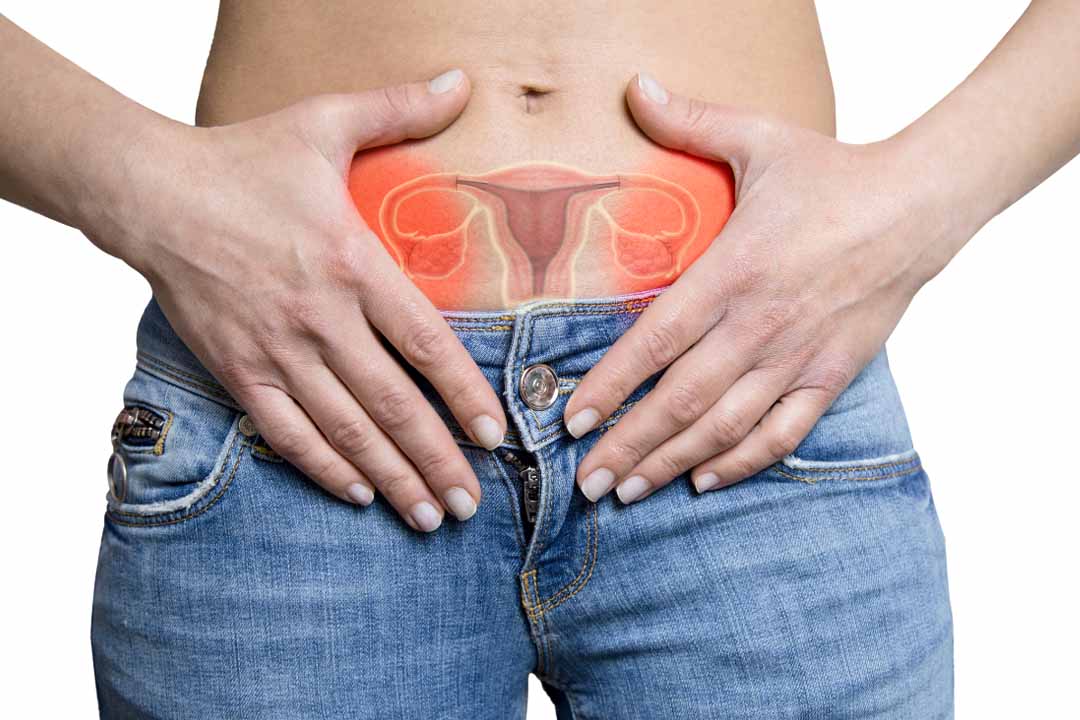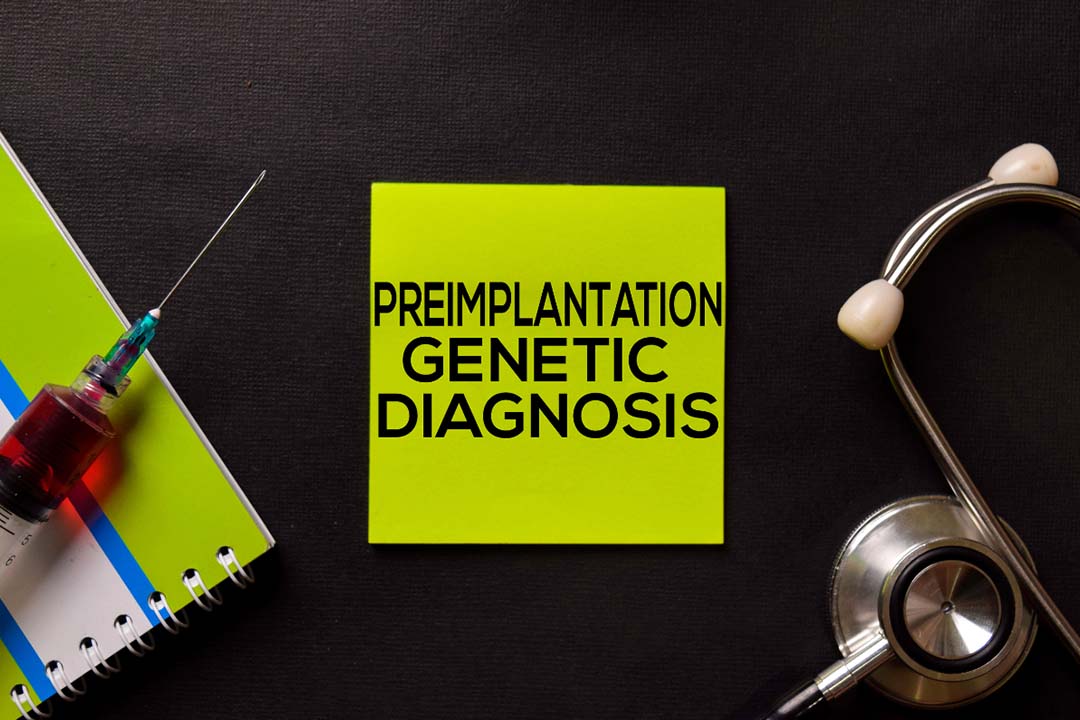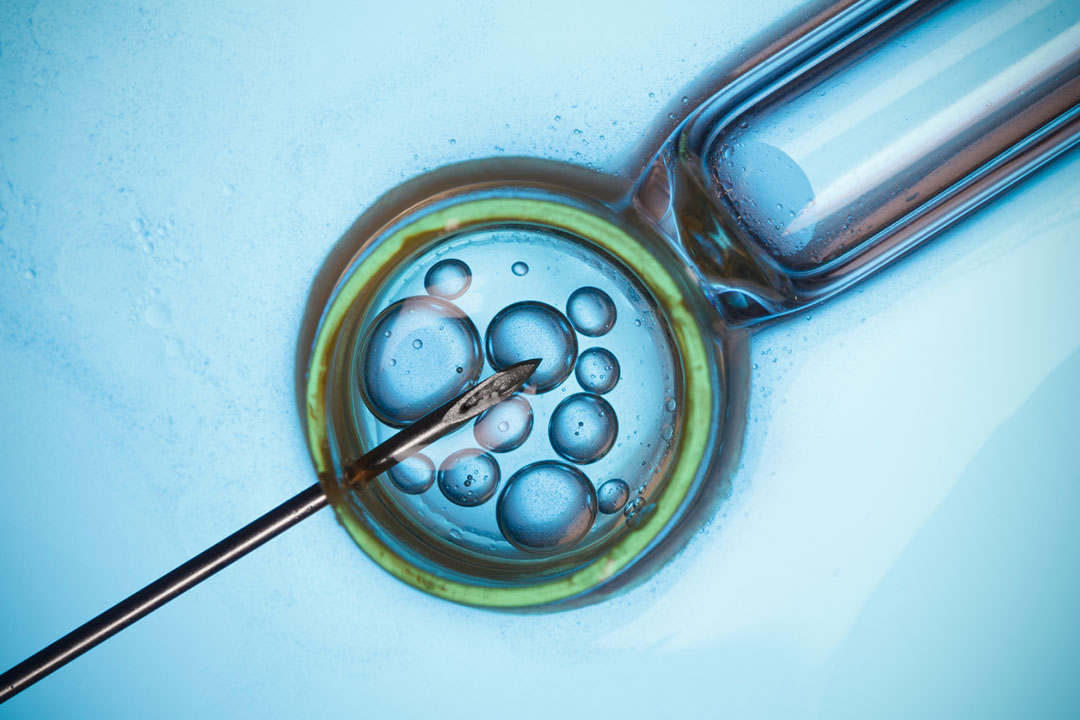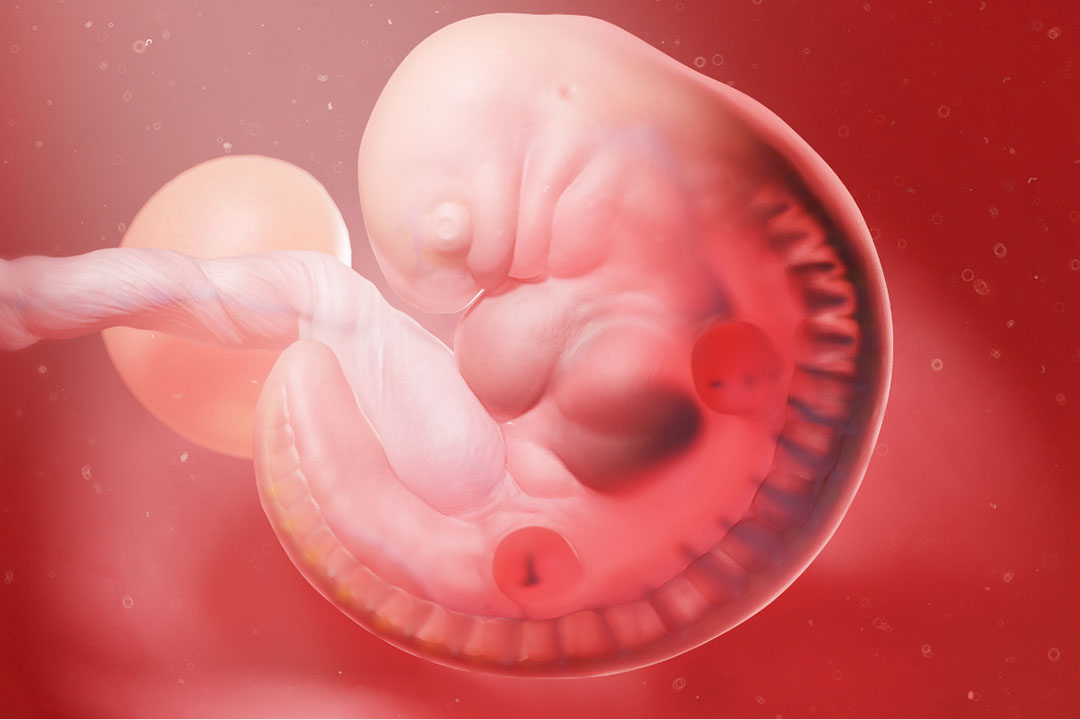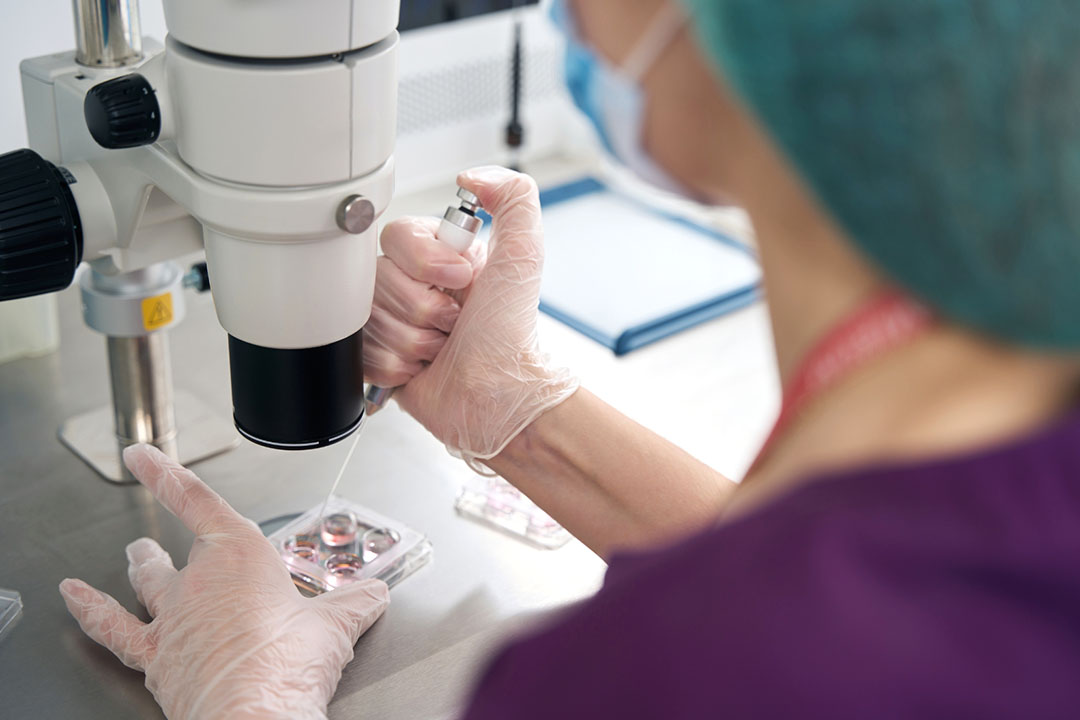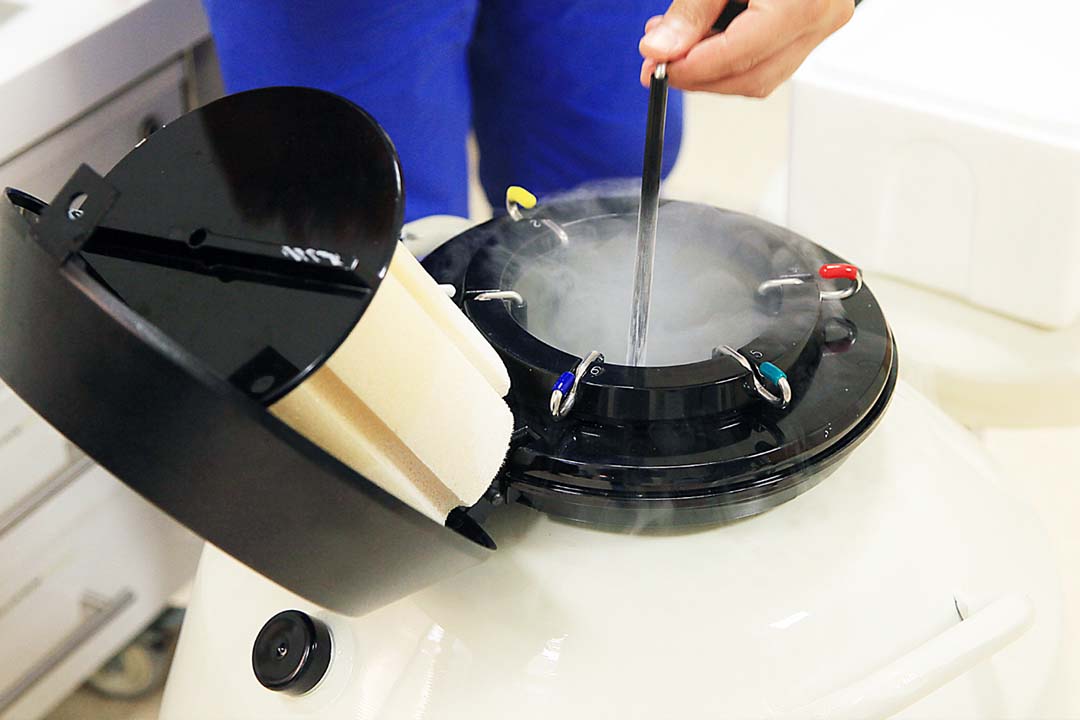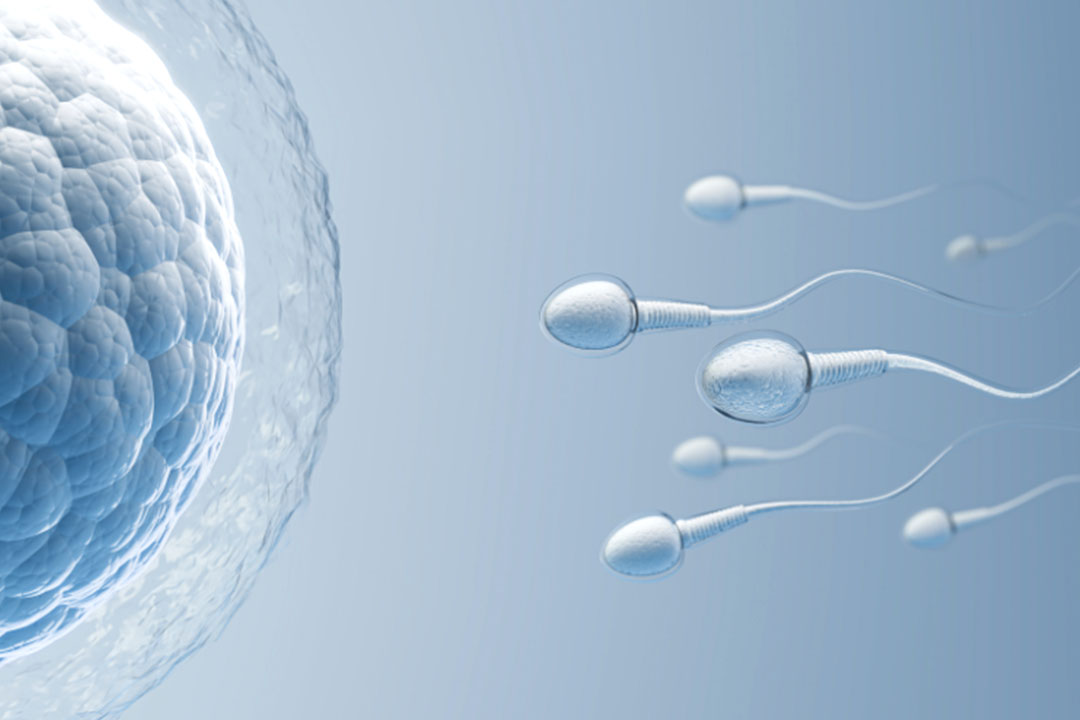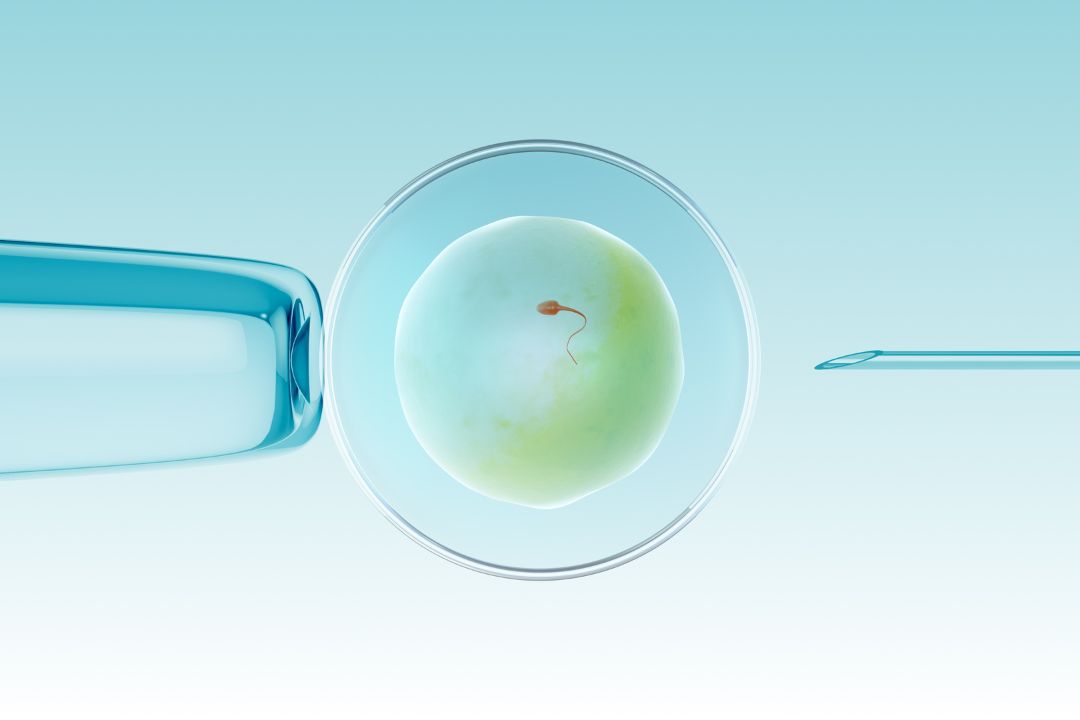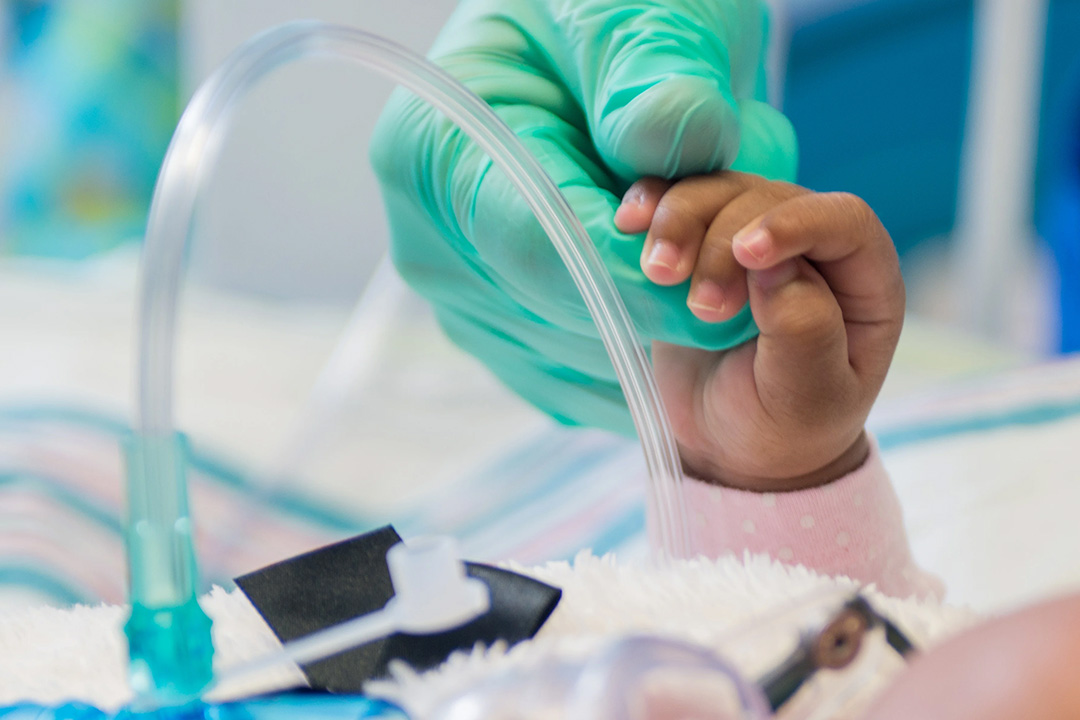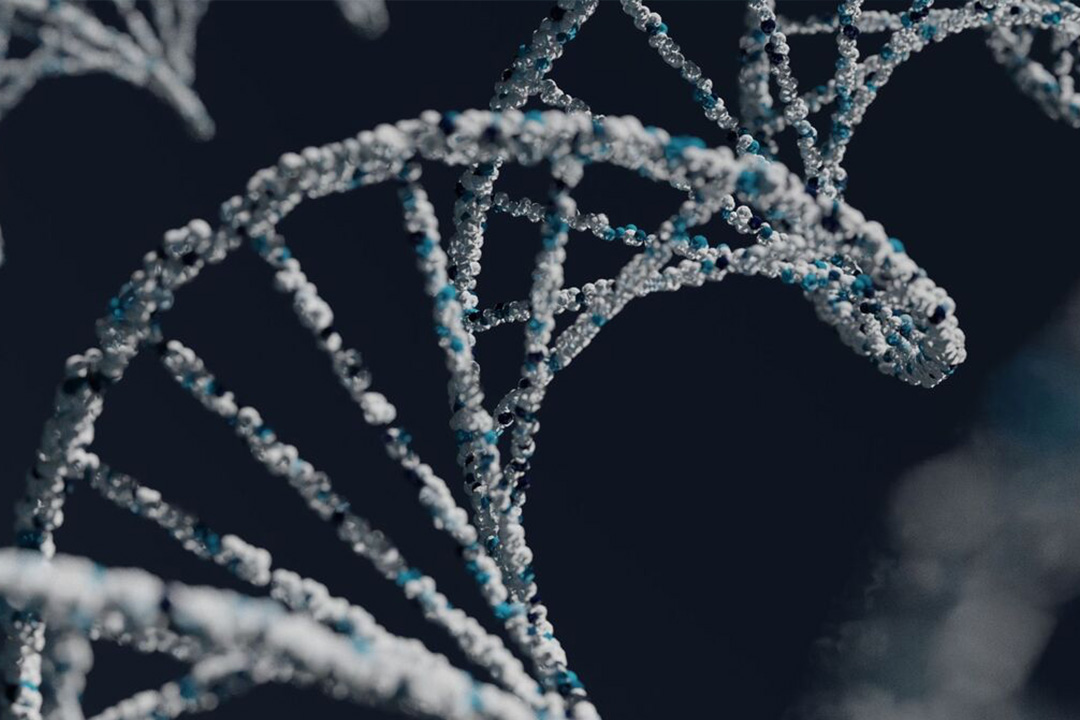Male Infertility: Causes, Symptoms, Tests & Treatment
The following article will contain information regarding male infertility causes, signs, classification, and management that will assist you.
Introduction
This is the situation whereby a man cannot impregnate his fertile partner after one year of unprotected intercourse.
This condition can occur because of several factors, such as unhealthy behaviours or habits, contact with chemicals and toxins, and previous illnesses.
Semen quality can be affected by factors such as tobacco use, high alcohol consumption, high weight, and chemical exposure.
However, some other factors may also hinder fertility, such as hormonal imbalances, genetics, infections, or structural problems.
It is crucial for individuals to understand the male infertility definition and its causes in order to address the source of the issue.
When the problem is detected early enough, there are various procedures that can be done to intervene and correct the abnormality.
What is Male Infertility?
Male infertility can be referred to as the inability of a male partner to assist in conception.
It plays a critical role in contributing to infertility issues in many couples who are interested in starting a family.
- Male infertility is defined as a state where a man’s reproductive process is not as efficient as expected to cause pregnancy.
- It is diagnosed based on the assessment of the couple’s fertility, often when conception fails to happen after one year of unprotected intercourse.
- Another sign that can show male infertility is the failure to conceive after several trials.
- It may encompass some processes associated with the production or quality of sperm, although other factors may be involved.
- Diagnosis often entails the use of a test referred to as spermography or the analysis of semen to detect the density, motility, and morphology of sperm.
Psychologically and emotionally, male infertility can affect an individual and couples significantly, and such cases should be supported by counselling.
Sub-technologies like assisted reproductive technologies have been developed, and they have been able to offer a resolution to many of the factors that threaten male Infertility.
Specifically, aspects such as early diagnosis and early intervention are key in improving the chances of conception.
How Common is Male Infertility?
Male factor is a contributing factor to infertility in India as it is responsible for an estimated 40-50% of cases.
According to the research, primary infertility is the most common type.
The main factors include azoospermia where there is no sperm, and oligoasthenoteratozoospermia where there is low sperm concentration, low sperm motility, and abnormal sperm morphology, with both accounting for about 40-45 % of cases.
However, other factors, such as oxidative stress and unhealthy habits, including tobacco and alcohol consumption, are also major causes.
The mean age of afflicted males in studies is about 31 years, and the duration of Infertility typically averages around 3 years before treatment.
Male Infertility Causes: What Causes Male Infertility?
The male infertility causes include:
- Lifestyle Factors: It is known that smoking, alcohol, obesity, and exposure to environmental toxins can impair the quality of sperm, thus causing Infertility.
- Varicocele: For instance, varicocele, which is the enlargement of veins in the scrotum, raises the temperature in the testicles, which is lethal for sperm production.
- Infections: Some diseases like sexually transmitted diseases may cause inflammation in the reproductive organs such as the testes, hypotheses, and epididymides hence affecting sperm production and mobility.
- Hormonal Disorders: Disruptions in androgens, such as testosterone or thyroid hormone, mediate impairments in sperm production and fertility.
- Genetic Disorders: Y Chromosome abnormalities or genetic disorders, including Klinefelter syndrome, can greatly harm male fertility since they hinder the formation of sperms correctly.
- Age: The production of sperm may decrease in quality as men grow older.
- Environmental Toxins: The harmful effects of pesticides, heavy metals, or other chemicals acting on the male reproductive organs lead to a reduction in the count and motility of sperm.
- Heat Exposure: Physical conditions such as hot tubs or tight undergarments reduce sperm production since sperm are damaged when exposed to high temperatures for some time.
- Medications: Some medicines that affect spermatogenesis are chemotherapeutic agents, among others.
- Erectile Dysfunction: Failure of erection or sustaining an erection may also interfere with sperm transport and fertility.
Types of Male Infertility
There are several types of male infertility:
| Type of Male Infertility | Description | Examples/Factors |
|---|
| Primary Infertility | Refers to men who have never been able to father a child. | Genetic conditions, anatomical issues, or low sperm count. |
| Secondary Infertility | Occurs when a man who has previously fathered a child faces difficulty in conceiving again. | Hormonal imbalances, lifestyle changes, or underlying health issues. |
| Pre-testicular Infertility | Results from factors affecting the hypothalamus or pituitary gland, which are responsible for sperm production. | Hormonal disorders, pituitary tumours, or stress. |
| Testicular Infertility | Caused by problems directly within the testes, impacting sperm production or quality. | Varicocele, infections, genetic conditions, or exposure to toxins. |
| Post-testicular Infertility | Involves issues with sperm transport after production in the testes, including blockages or dysfunction. | Vasectomy, epididymal blockage, or retrograde ejaculation. |
Male Infertility Symptoms and Signs
Male infertility symptoms can be subtle but may include:
- Low libido: Lack of intercourse or a noticeable decrease in sexual desire can be an indication of infertility.
- Sexual dysfunction: Low sperm count or slow sperm production could mean that one has low libido, erectile dysfunction, or premature ejaculation.
- Pain in the testicles: Discomfort or pain in the testicle region that continuously lasts for some time should be a cause of concern.
- Swelling or lumps in the testicle area: Swelling or the presence of lumps that have no explanation could point to infertility issues.
- Reduced body or facial hair: The reduced hair growth on the body or face could indicate a hormonal imbalance of fertility.
- Changes in ejaculate: A change in the frequency and texture of ejaculation or the colour of the semen may possibly be a sign.
- Small, firm testicles: Having testicles that are smaller than average or especially hard can suggest potential infertility.
- Frequent infections: Continual infections that target the reproductive organs can cause infertility in men.
- Fatigue or depression: Some hormonal conditions associated with infertility may result in severe fatigue or fluctuating moods.
- Trouble with concentration or memory: Hormonal disturbances are related to thinking disorders that can be potentially connected with overall well-being and fertility.
Diagnosis: Male Infertility Diagnosis Tests
| Test | Description |
|---|
| Semen Analysis | A critical test to assess sperm count, motility, and morphology to determine the overall quality of sperm. |
| Hormone Testing | Measures hormone levels such as testosterone and follicle-stimulating hormone (FSH) to identify imbalances that may affect fertility. |
| Imaging | Techniques like ultrasound or MRI help identify structural issues, such as varicocele or blockages in the reproductive system. |
| Testicular Biopsy | Involves removing a small sample of tissue from the testes to check for abnormalities, such as sperm production issues. |
| Genetic Testing | Identifies genetic conditions, such as Y chromosome microdeletions or cystic fibrosis, that can cause infertility. |
| Urinalysis | A urine test to detect infections or other underlying conditions that could affect fertility. |
| Anti-Sperm Antibody Test | Detects antibodies that may attack sperm, leading to infertility by impairing sperm motility or function. |
| Sperm Chromatin Integrity Test (SCIT) | A test to assess the integrity of sperm DNA, as damaged chromatin can affect fertility and pregnancy outcomes. |
Success Rate of IUI Treatment
| Test | Description |
|---|
| Genetics | Genetic conditions like Klinefelter syndrome or Y chromosome defects can impair fertility. |
| Infections | Infections such as mumps, STDs, or prostatitis can damage sperm production or quality. |
| Medications | Medications like chemotherapy, steroids, or anti-androgens may affect sperm count. |
| Hormonal Imbalance | Endocrine dysfunctions, including low testosterone, can have an effect on sperm production. |
| Varicocele | This is a condition that can discourage sperm production and impair the quality of sperm produced in the body. |
| Lifestyle Factors | Unhealthy lifestyle choices such as drinking, smoking, or being too overweight may decrease fertility. |
| Environmental Factors | Several factors, such as toxic chemicals, heavy metals, and radiation, are known to have adverse impacts on the production of sperm. |
| Age | As men age, sperm quality and motility may decline, potentially impacting fertility. | |
How to Treat Male Infertility?
How to treat male infertility is a crucial question which includes:
1. Medications
Hormonal Therapy: Applied in cases of hormonal disturbances that may impact spermatogenesis. Antibiotics: Used for treating infections that can affect fertility as seen in epididymitis or prostatitis.
2. Surgery
Varicocele Repair: Operations for varicocele, which is the enlargement of the veins in the scrotum which negatively affects spermatogenesis. Vas Deferens Blockages: Exploratory surgery to remove the cause of blockage that hinders sperm transportation and increases fertility chances.
3. Assisted Reproductive Techniques (ART)
In Vitro Fertilization (IVF): A technique that involves fertilizing the eggs and sperm which is then put in the uterus. Intracytoplasmic Sperm Injection (ICSI): This is one of the advanced methods of IVF where one sperm is directly injected into an egg to boost the likelihood of its fertilization.
The total expense varies from ₹ 25000 to ₹ 40000 according to the procedure and clinic.
Food for male infertility plays a crucial role in improving sperm quality. Examples include:
| Food Type | Examples |
|---|
| Zinc-rich Foods | Oysters, nuts, seeds |
| Antioxidant-rich Foods | Berries, spinach, dark chocolate |
| Vitamin C Sources | Citrus fruits (oranges, lemons) |
| Vitamin E Sources | Almonds, sunflower seeds |
| Omega-3 Fatty Acids | Fatty fish (salmon, sardines), flaxseeds |
| Folate-rich Foods | Leafy greens (spinach, kale), lentils |
| Vitamin D-rich Foods | Fortified milk, egg yolks, mushrooms |
| Protein-rich Foods | Lean meats, eggs, beans |
Emotional Impact of Male Infertility
- Stress and Anxiety: Infertility affects males, and the condition can lead to increased stress and anxiety, hence impacting their mental health.
- Impact on Relationships: Lack of reproductive abilities may place pressure on couples, sometimes leading to frustration between husband and wife.
- Feelings of Inadequacy: This, in turn, may cause the men to lose their self-worth or feel that they are not ‘manly’ enough, resulting in emotional problems.
- Psychological Counseling: Profession counselling assists men in overcoming the effects of Infertility on their emotional health.
- Support Groups: Infertility support groups help as they share the burden by creating a support base.
How Technology Helps in Treating Male Infertility
1. Genetic Screening
Some diseases run in families so genetic tests allow for determining pathological factors that may impact sperm quality and functionality.
These range from carrier testing for conditions like cystic fibrosis, Klinefelter syndrome, and Y chromosome microdeletion, among others.
2. Microsurgery
Minor surgeries can be performed and the latest technologies enable experts in this field to treat conditions such as varicocele or blockage of the tubes in the scrotum.
These special operations help to enhance the concentration and motility of sperms in order to make sure that more sperms are produced.
3. Sperm Cryopreservation
This process, referred to as cryopreservation or sperm freezing, allows men to bank sperm in case of future need.
This is more relevant for those who receive treatments that affect fertility, such as chemotherapy and radiation therapy.
4. IUI (Intrauterine Insemination)
Fertilisation through the implantation of sperm in the uterus is another procedure applied by IUI in a bid to increase the chances of conception.
5. In Vitro Fertilization (IVF)
When sperm count is low or absent, IVF can be used in conjunction with sperm retrieval techniques such as Testicular Sperm Extraction (TESE) to initiate fertilization.
Preventing Male Infertility
| Methods | Description |
|---|
| Healthy Lifestyle | Avoid smoking and limit alcohol. |
| Regular Exercise | Helps in maintaining hormonal balance. |
| Protective Measures | Avoid exposure to harmful chemicals or radiation. |
| Healthy Diet | Include antioxidants, vitamins, and minerals. |
| Stress Management | Reduce stress to improve overall reproductive health. |
Can Male Infertility Be Reversed?
Some causes of male infertility, like infections or lifestyle factors that contribute to infertility, can be corrected.
Focus should be placed on early detection and management in order to optimize chances of fertility improvement.
Role of Age in Male Fertility
- Sperm Quality Decline: Thus, it is clear that age does influence sperm quality but not as dramatically as it influences females. Meanwhile, the quality of semen reduces the older the man grows in terms of sperm motility and sperm concentration.
- Increased Genetic Abnormalities: As far as the age factor is concerned, it is a proven fact that advanced age can lead to access to genetic abnormalities in sperm. Older men may produce sperm with DNA fragmentation, which can cause infertility or increase the risk of a miscarriage.
- Reduced Testosterone Levels: The effects of ageing can be seen from the decline in testosterone levels that impact sperm production and hence fertility.
- Decreased Semen Volume: Reduced volume of semen leading to fertility issues may be another issue older men may experience as they age.
- Impact on Offspring Health: A higher age of the father has been associated with the increased likelihood of the child developing Autism or Schizophrenia as a result of a genetic error in sperm.
The Role of Hormones in Male Infertility
| Hormone | Role |
|---|
| Testosterone and Sperm Production | Testosterone levels are highly necessary for the production of sperm, and hence low levels of testosterone will likely cause infertility in males. Low levels of testosterone may lead to poor sperm production; therefore, it is crucial in the production of healthy sperm. |
| Impact on Libido | Low testosterone levels are also known to cause nerve-related sexual dysfunction as well as hormonal imbalances. Inadequate levels of this hormone in a man limit sexual desire, even resulting in more cases of Infertility. |
| Other Hormonal Factors | In addition to testosterone, other hormones like luteinizing hormone (LH) and follicle-stimulating hormone (FSH) play a role in regulating sperm production. Imbalances in these hormones can lead to problems with sperm production and male fertility. |
| Thyroid Hormones | Imbalances in thyroid hormones (hyperthyroidism or hypothyroidism) can also impact male fertility. Thyroid dysfunction can disrupt the production of other hormones crucial for sperm health. |
Male Infertility and Relationship Challenges
Infertility can also exert tremendous socio-emotional and physical pressures on couples, affecting their relationships.
Infertility puts pressure and brings stress, including feelings of loneliness and depression over the inability to start a family.
Also, male infertility causes are crucial in this regard, as people tend to avoid talking about such issues openly.
Supporting one another and making room for good communication for couples is one of the most crucial aspects that need to be met.
To overcome such emotional barriers, it may be useful to find a marriage counsellor or therapist who can help these couples and positively help them improve their relationship.
Myths and Facts About Male Infertility
- Myth: Female partners are solely to blame for infertility.
Fact: It is common knowledge that male factors are responsible for approximately half of infertility cases. - Myth: Infertility is an irreversible condition, and it cannot be cured.
Fact: Modern medical treatments are pretty efficient. - Myth: Infertility is not a disease that has signs or symptoms that are peculiar to affected male individuals.
Fact: Men who are facing issues with fertility can have some signs, which can be low sex drive, erectile dysfunction, and hormonal disorders. - Myth: It is worth mentioning that the age does not influence the fertility in men.
Fact: This effect means that male fertility could be affected by the reduction in sperm volume and quality as men grow older. - Myth: Erectile dysfunction is always a result of the lifestyle that one chooses to live.
Fact: However, there are numerous male infertility causes, some of which may relate to lifestyle choices, but others that are genetic, microbial, or related to the structure of the reproductive organs.
References

About Us
AKsigen IVF is a premier center for advanced fertility treatments, with renowned fertility experts on our team. Specializing in IVF, ICSI, egg freezing, and other cutting-edge reproductive technologies, AKsigen IVF is committed to helping couples achieve their dream of parenthood. With personalized care and a patient-first approach, AKsigen IVF provides comprehensive fertility solutions under one roof.

















